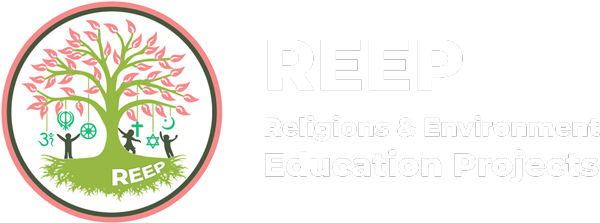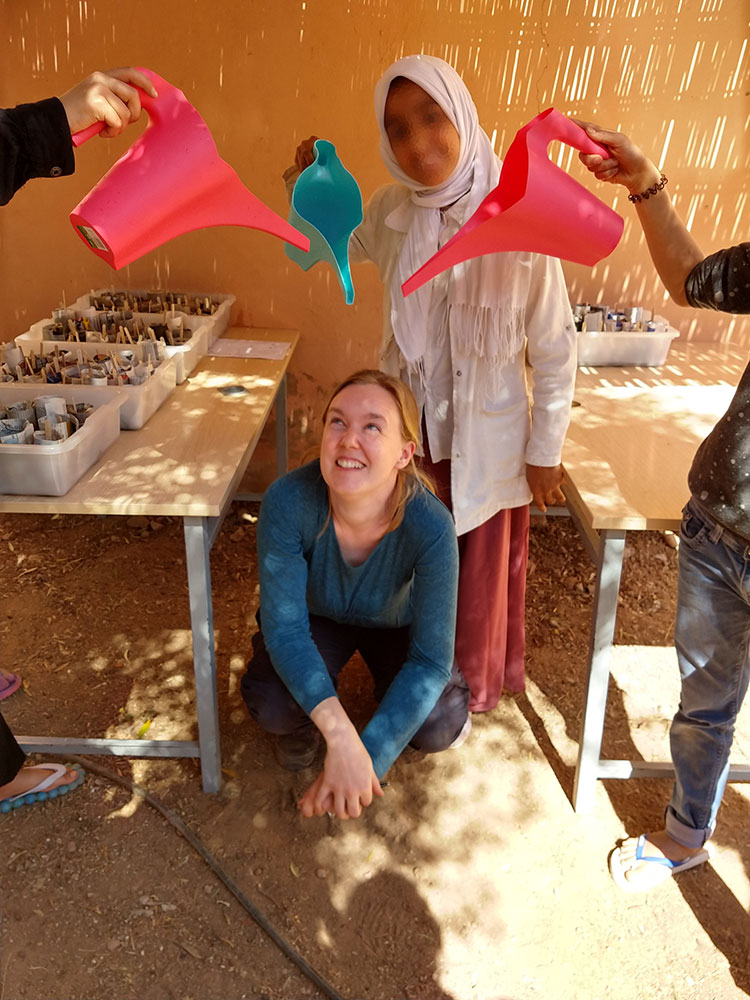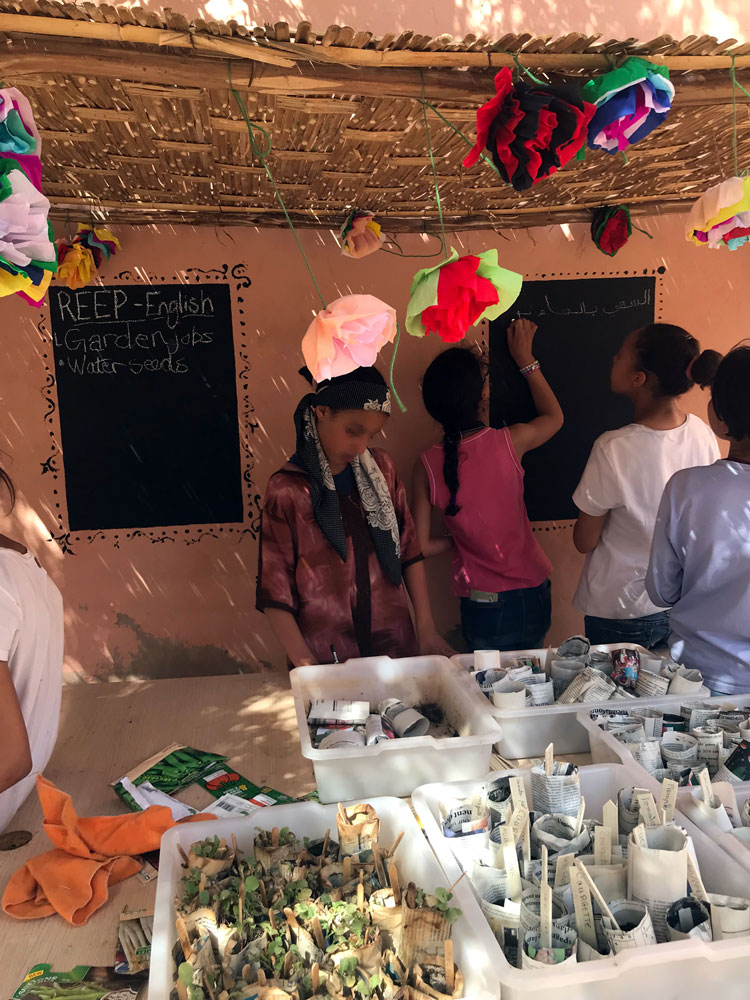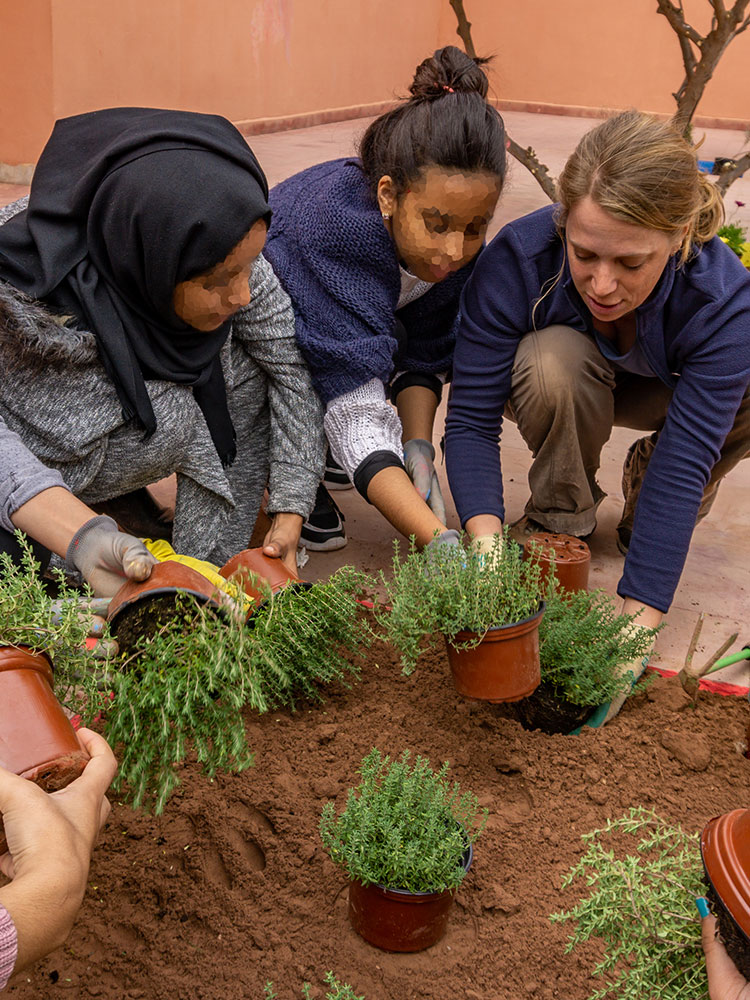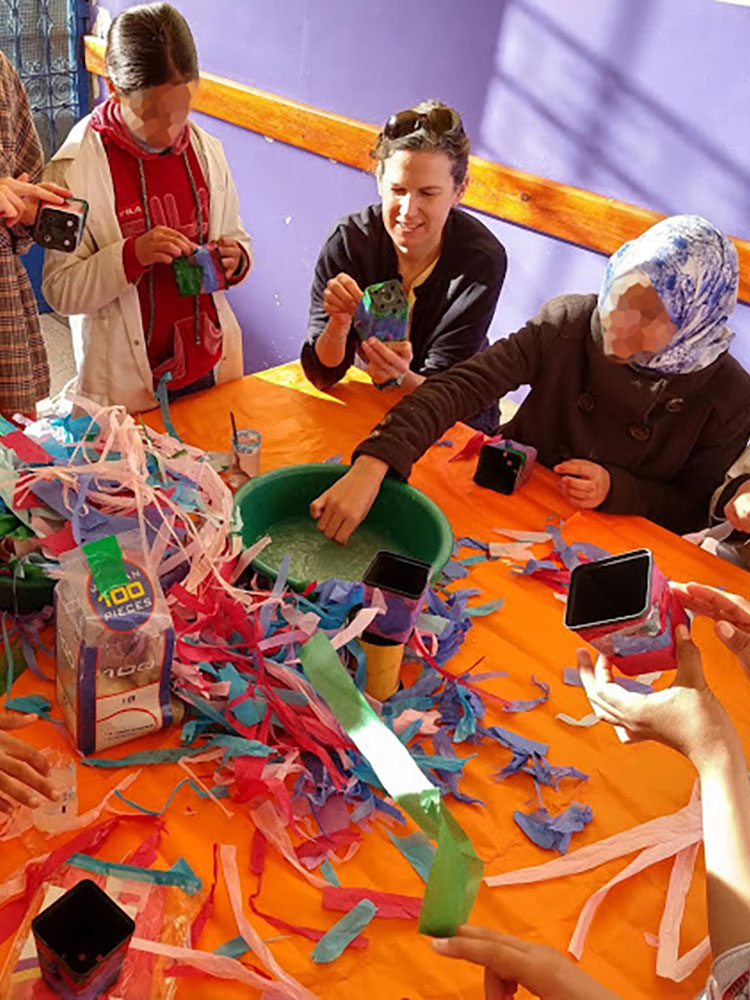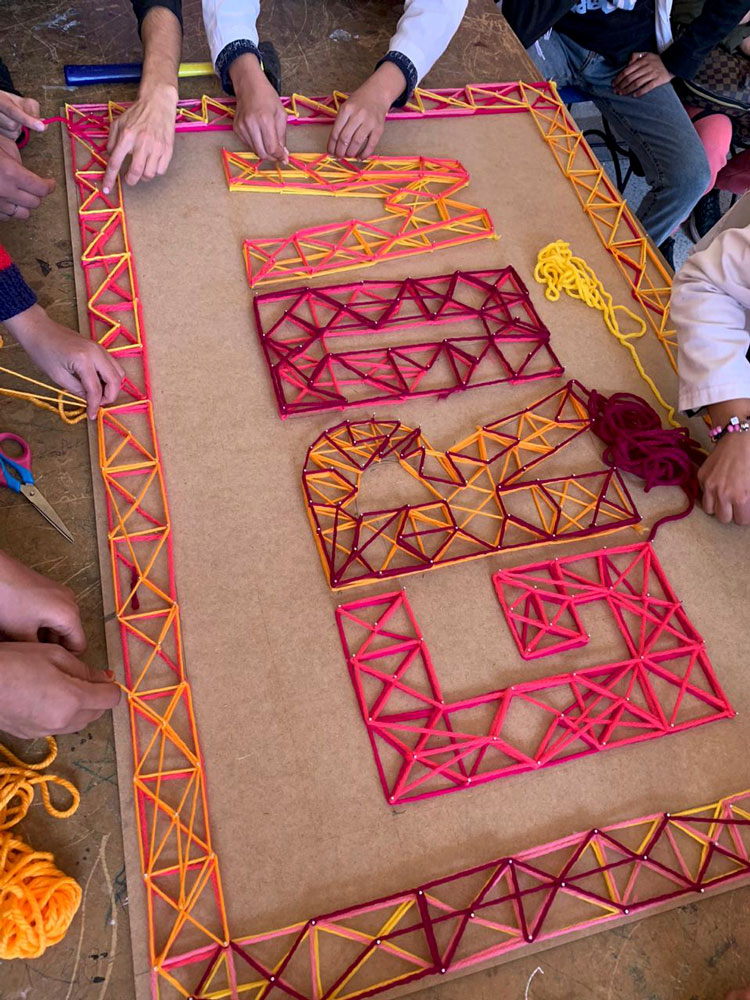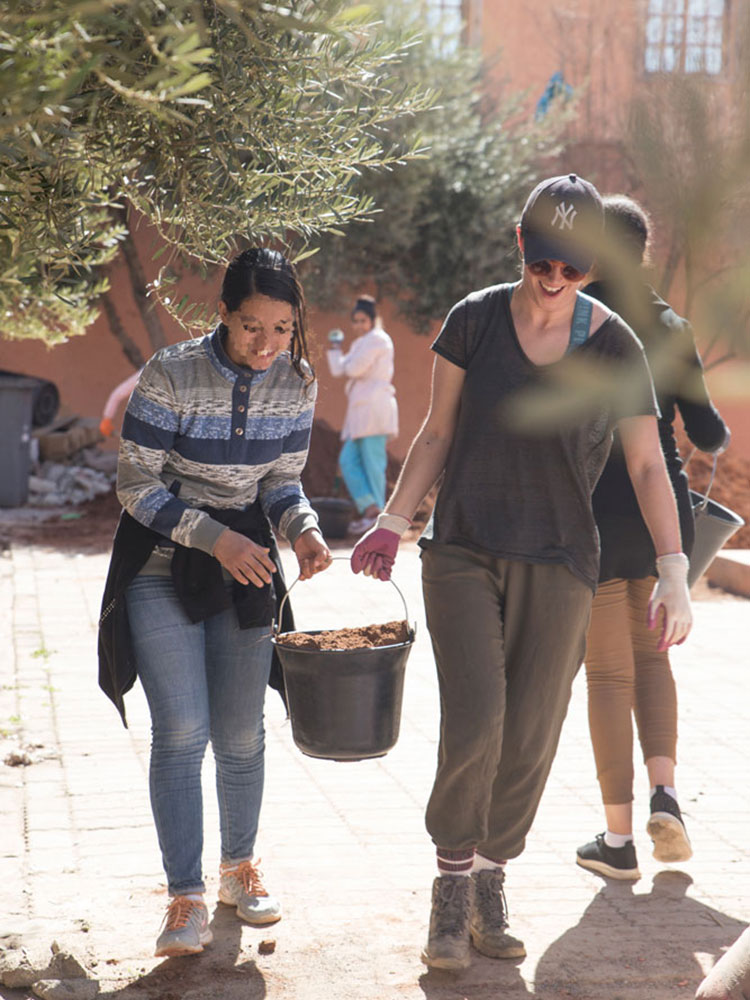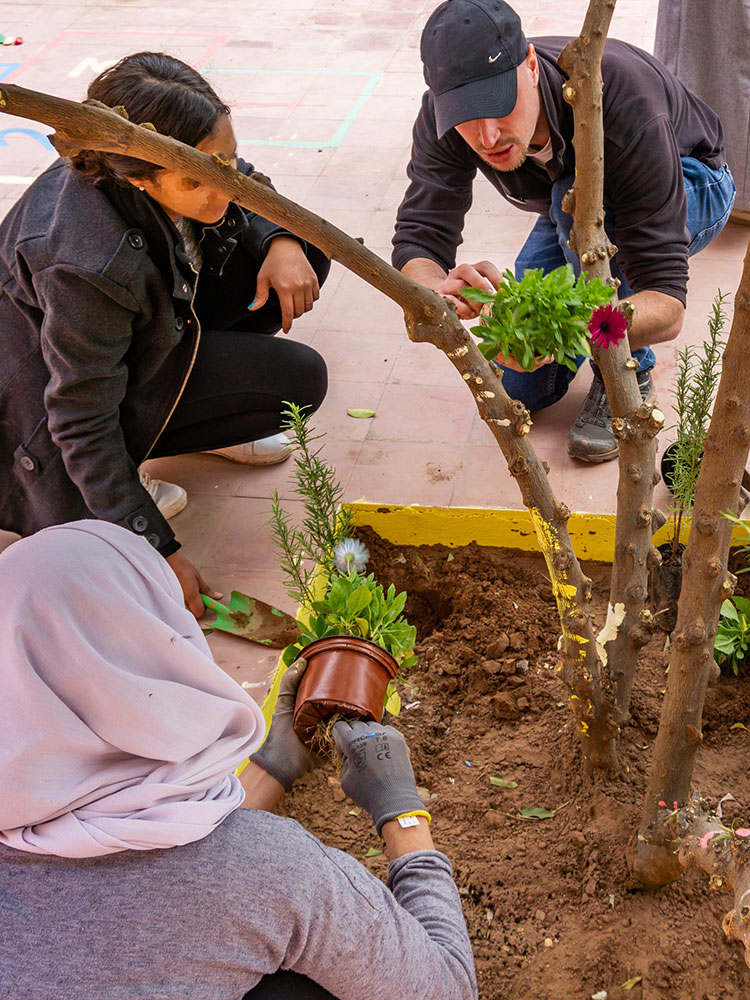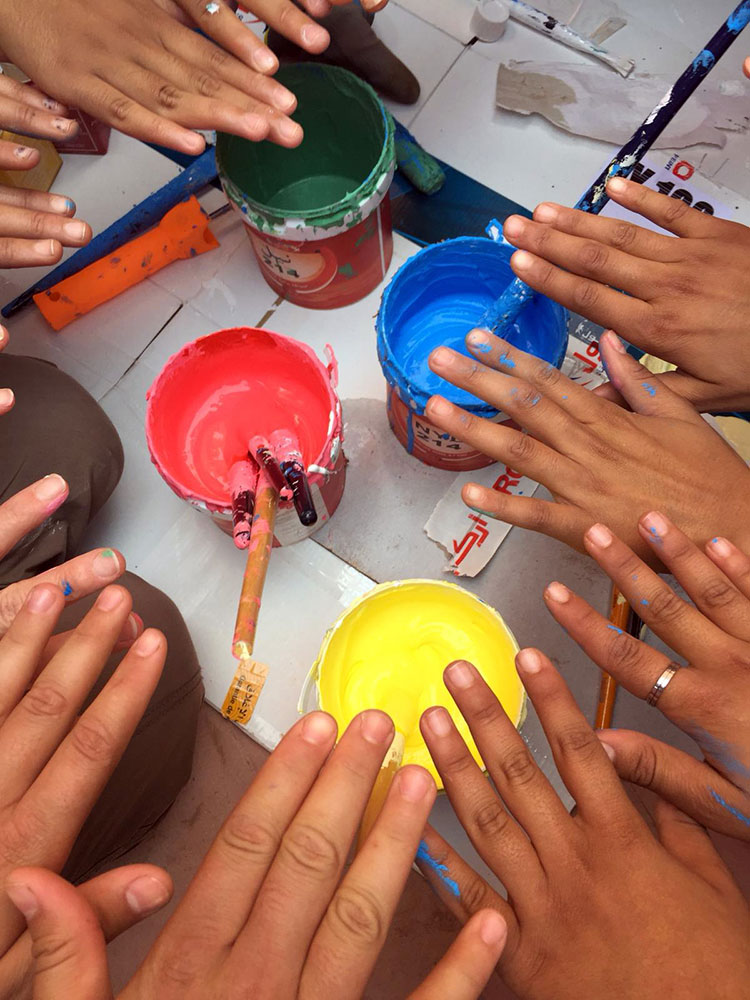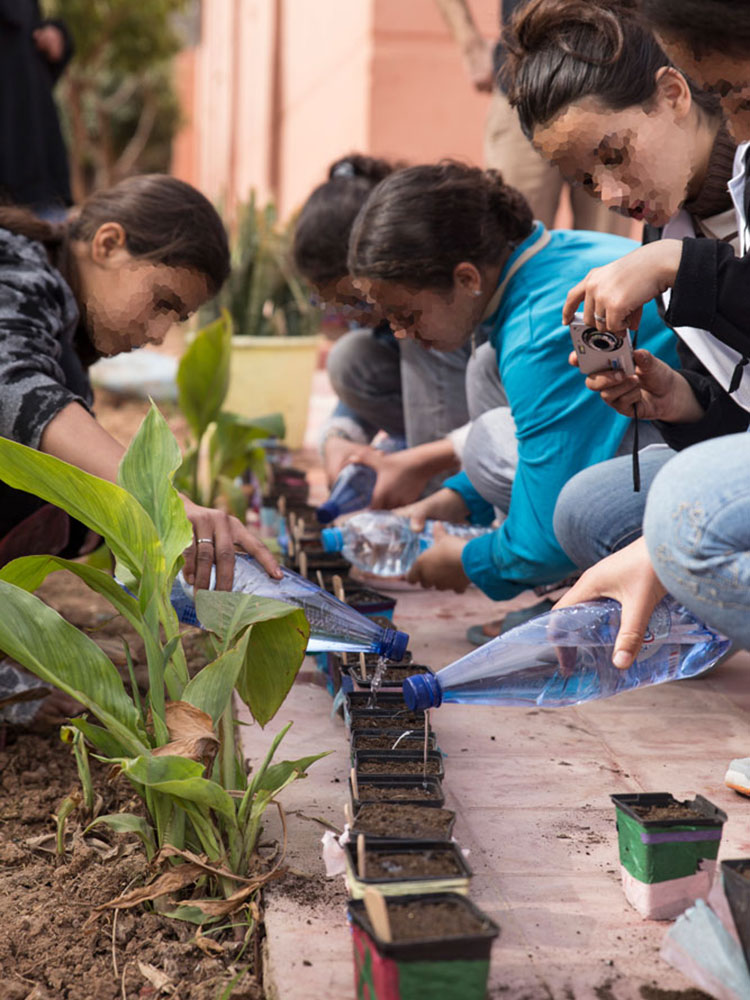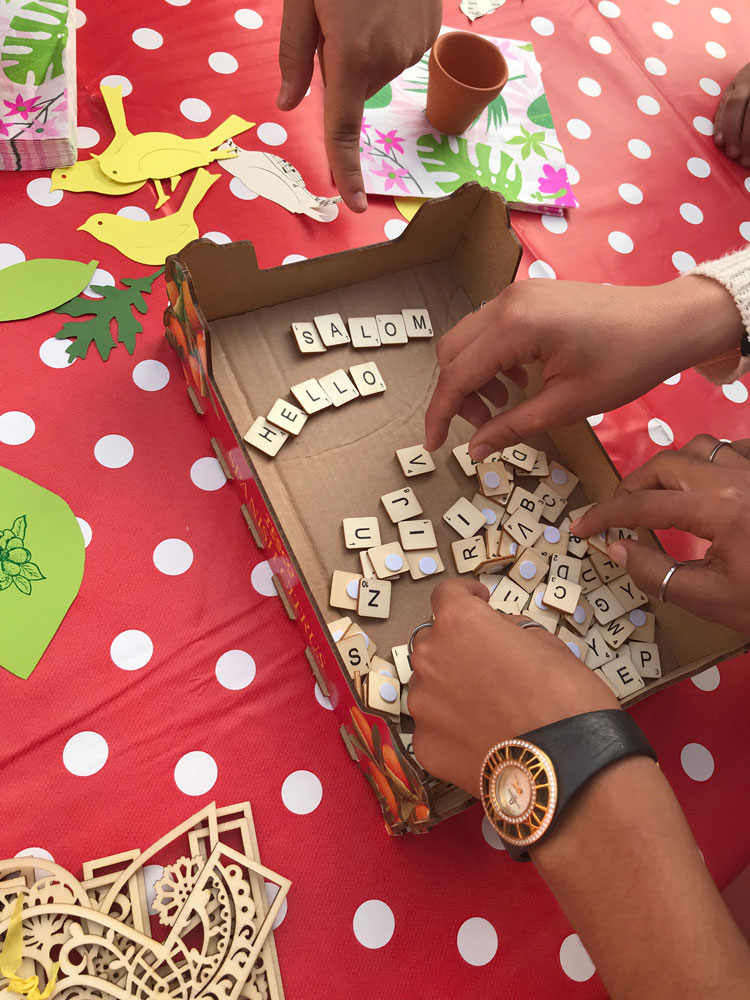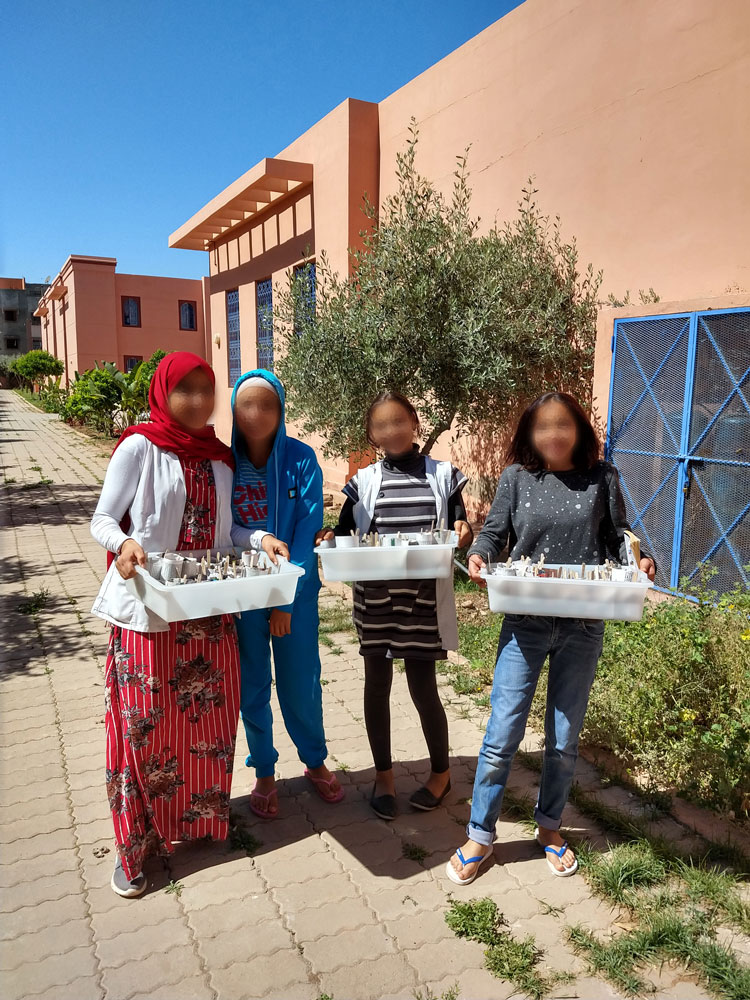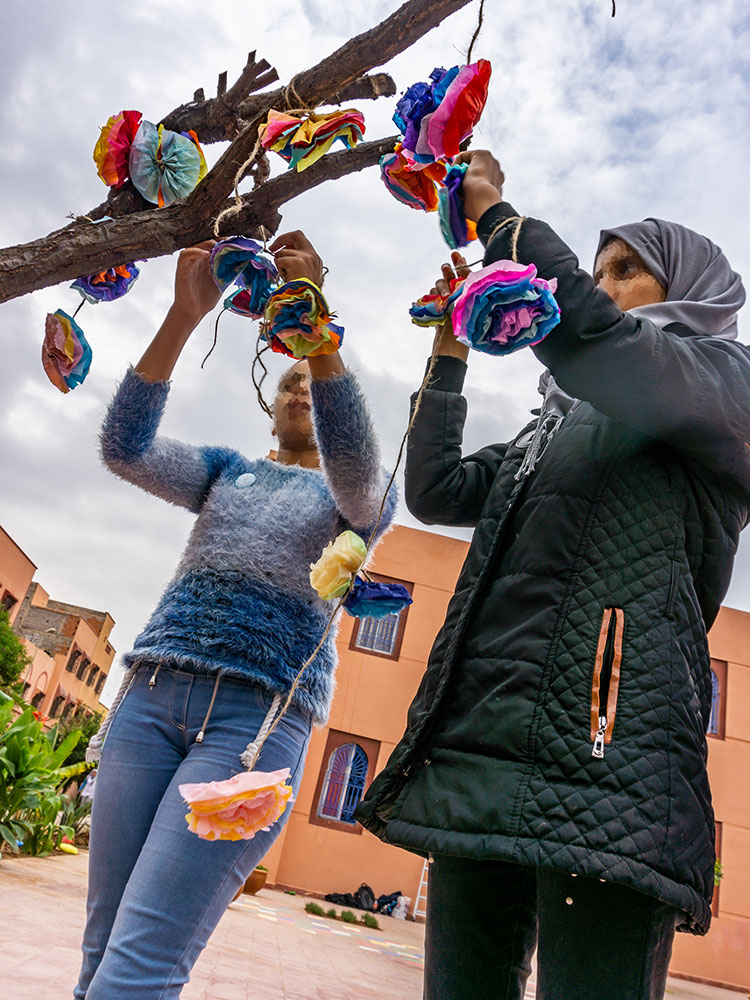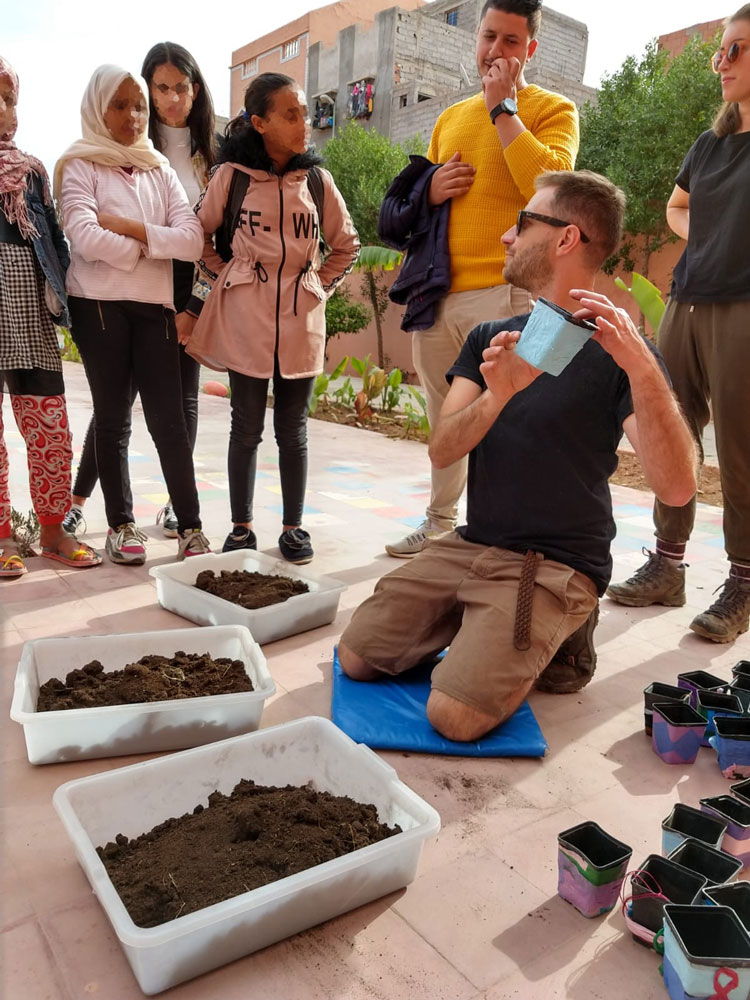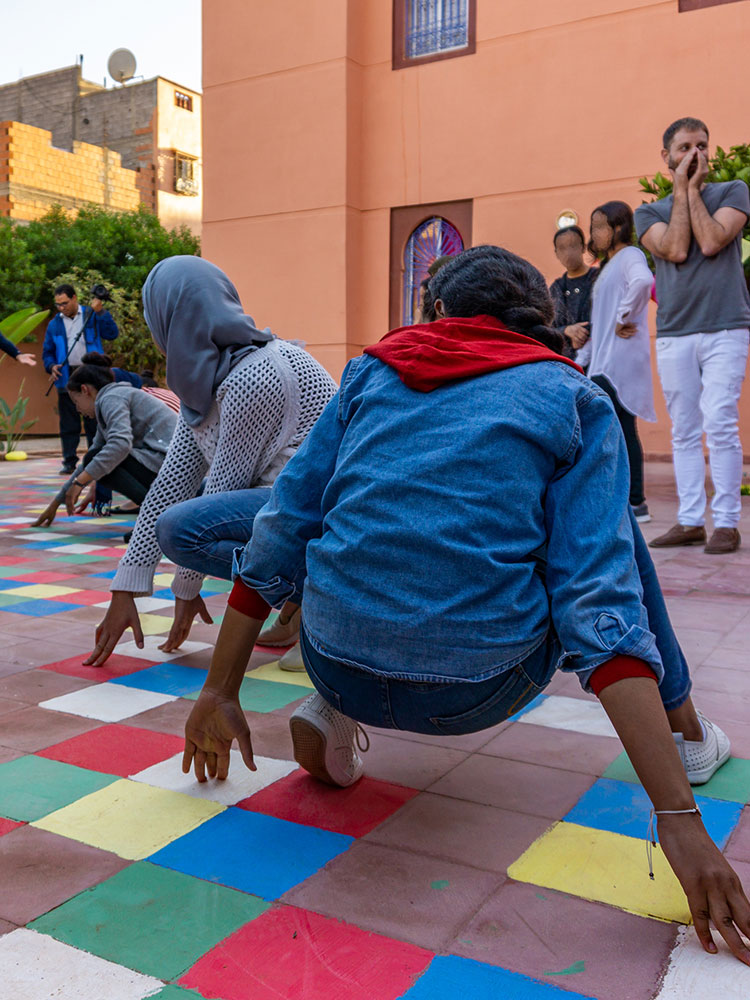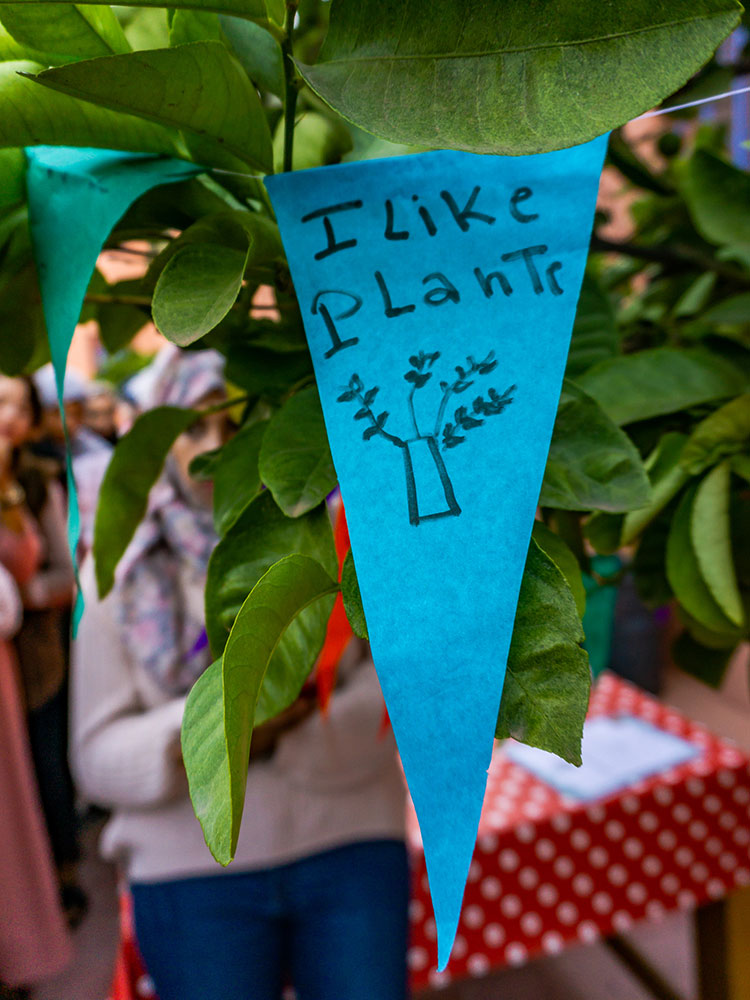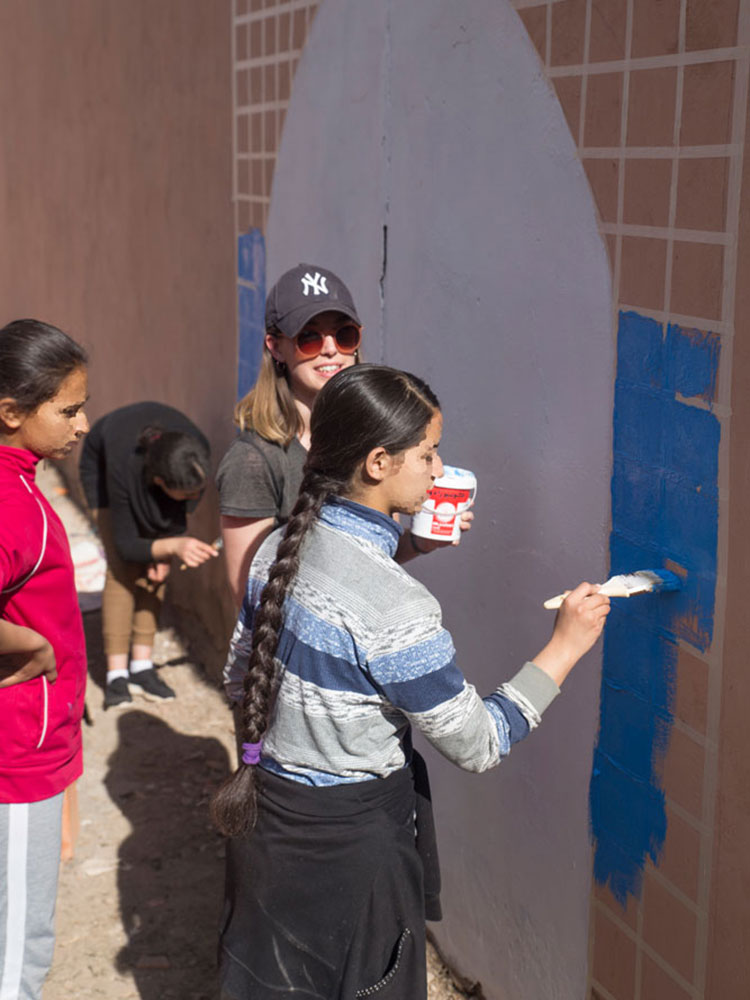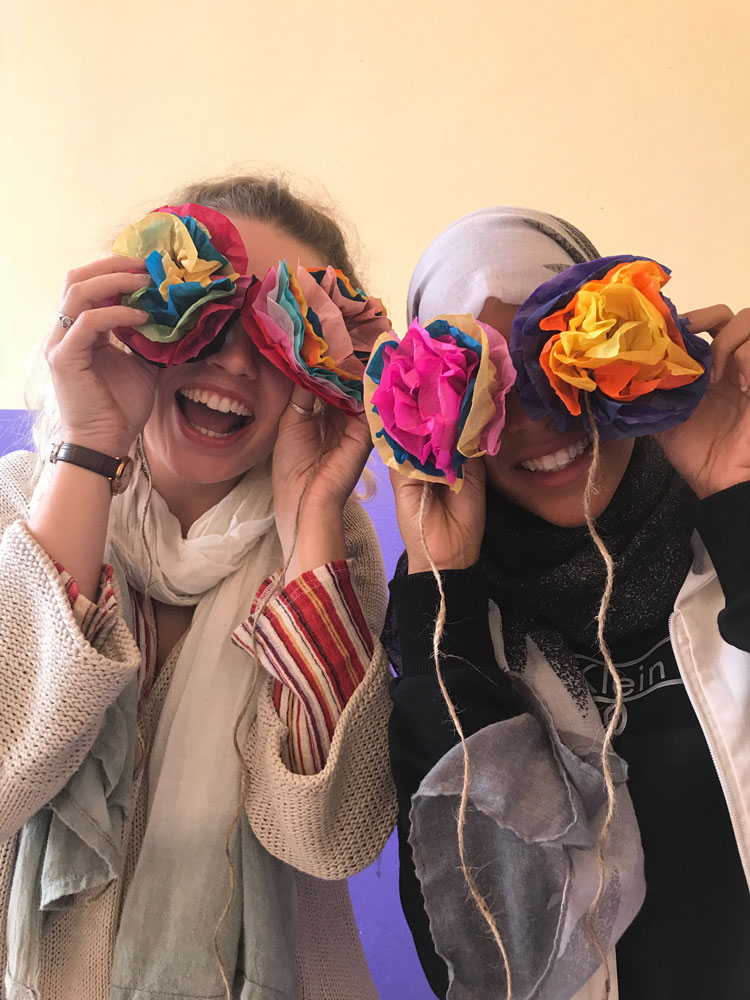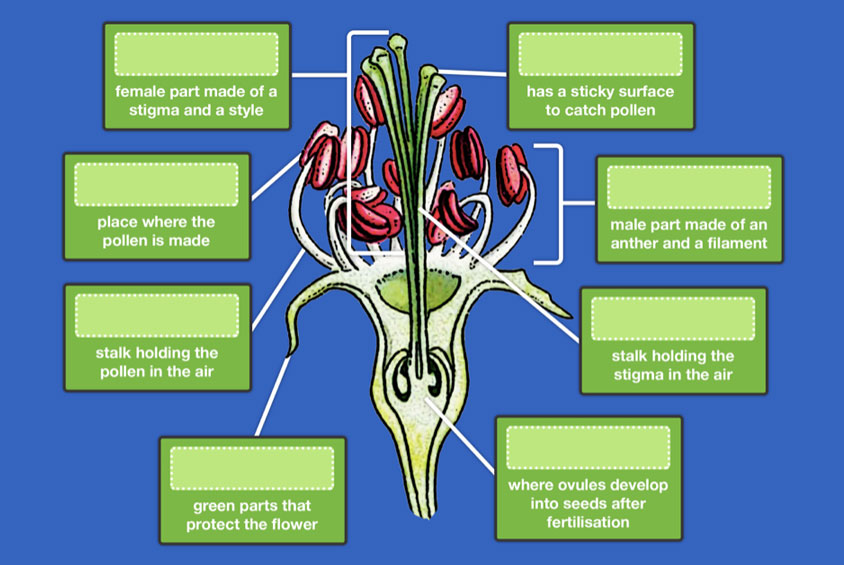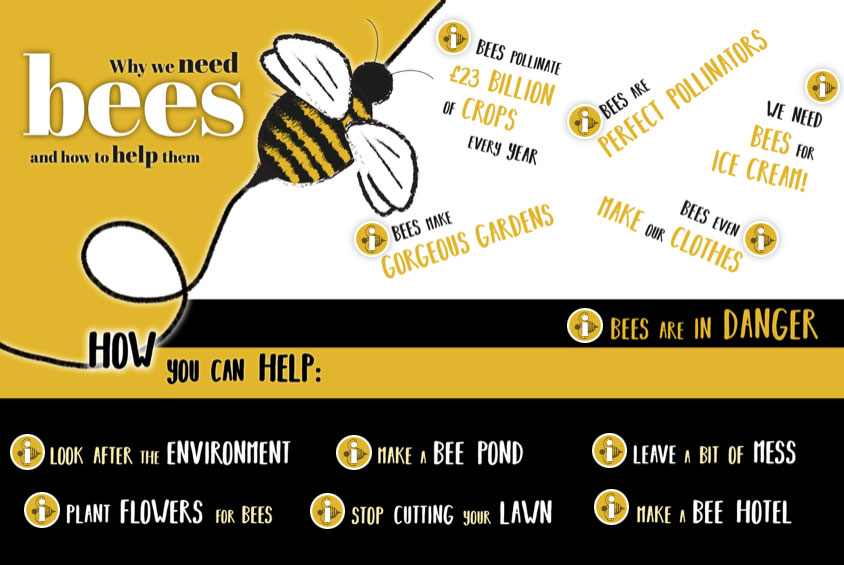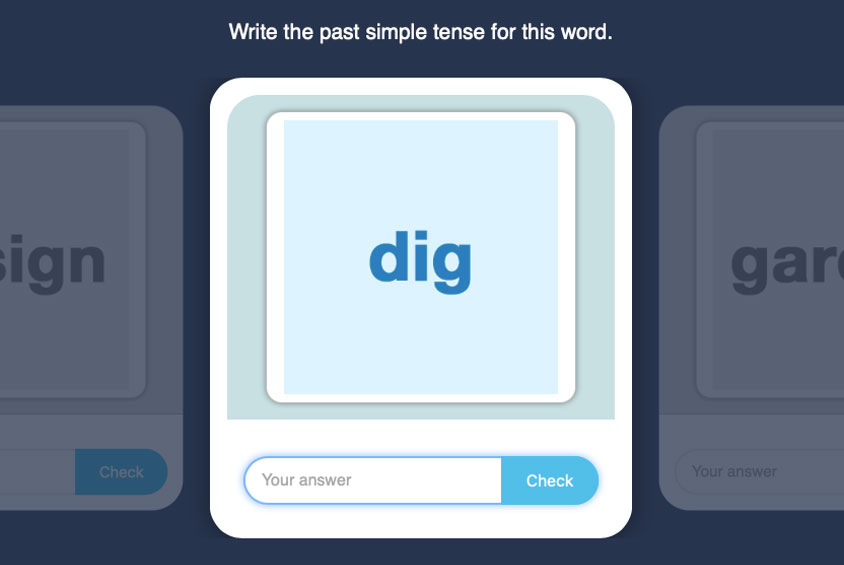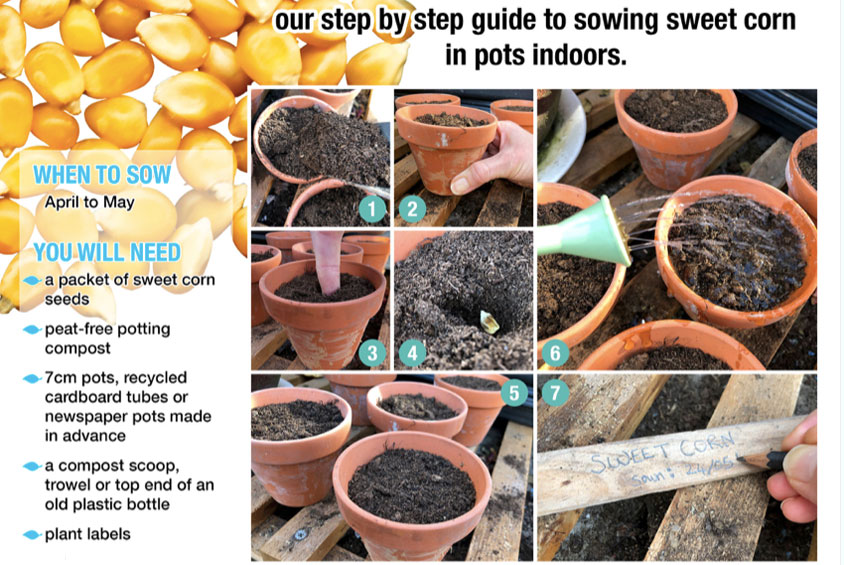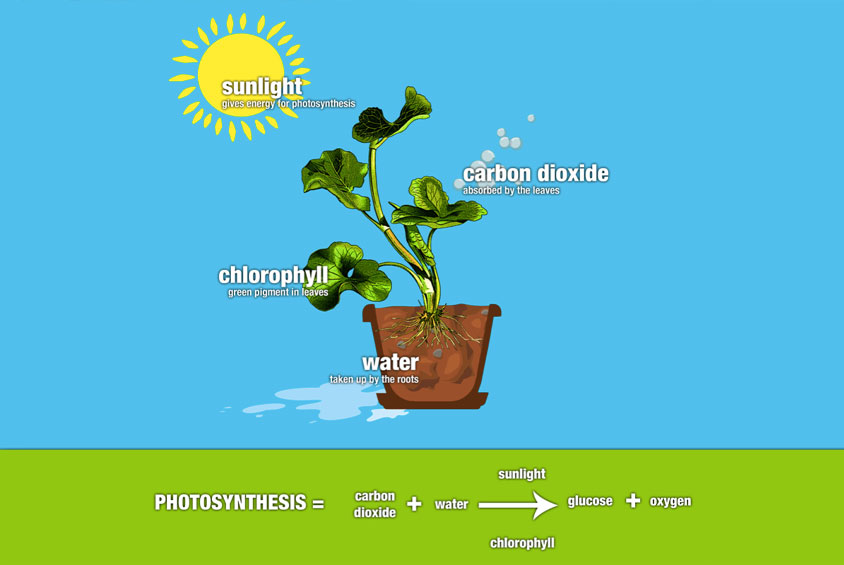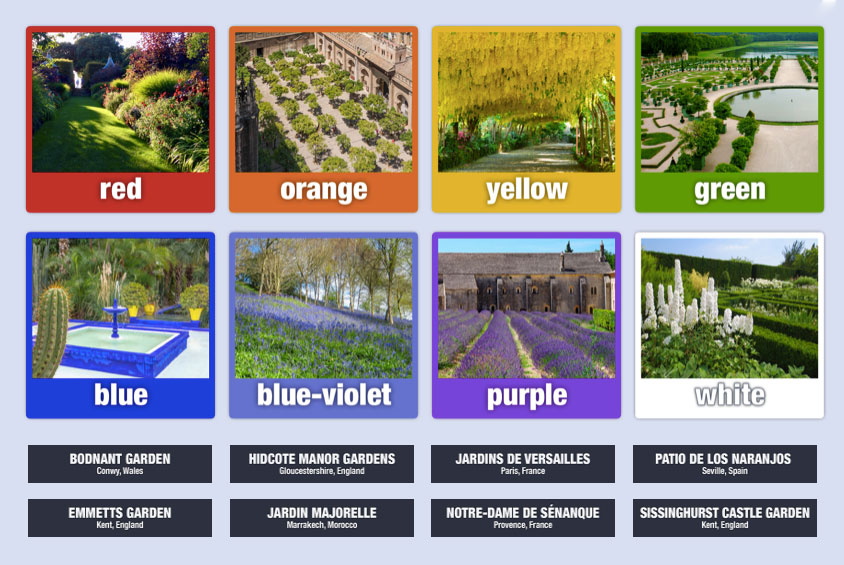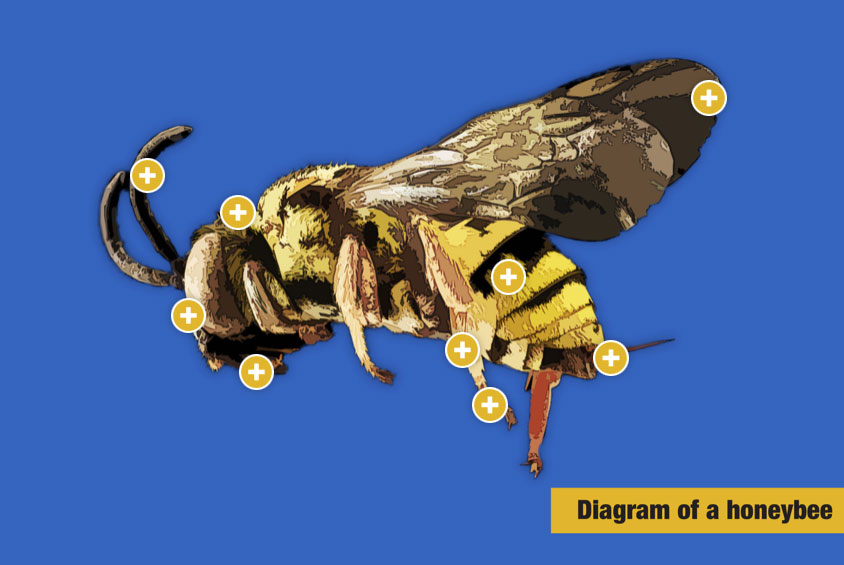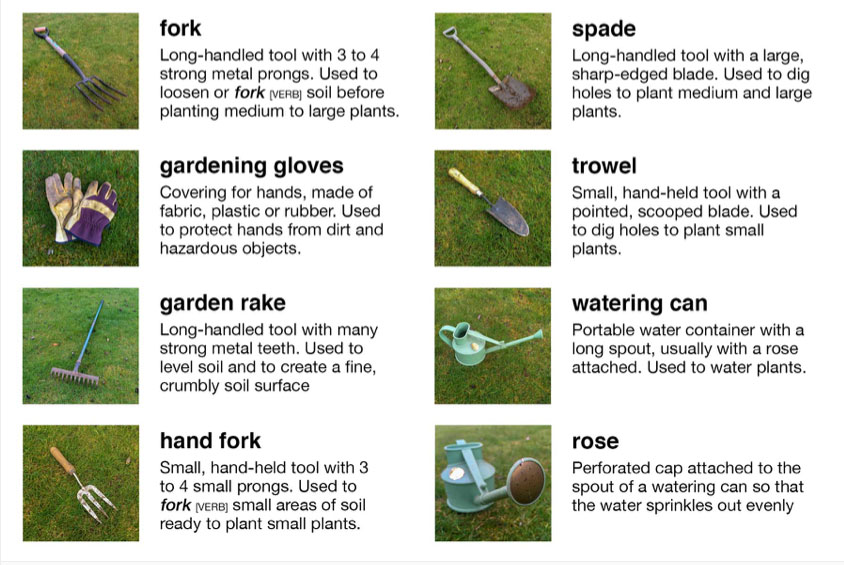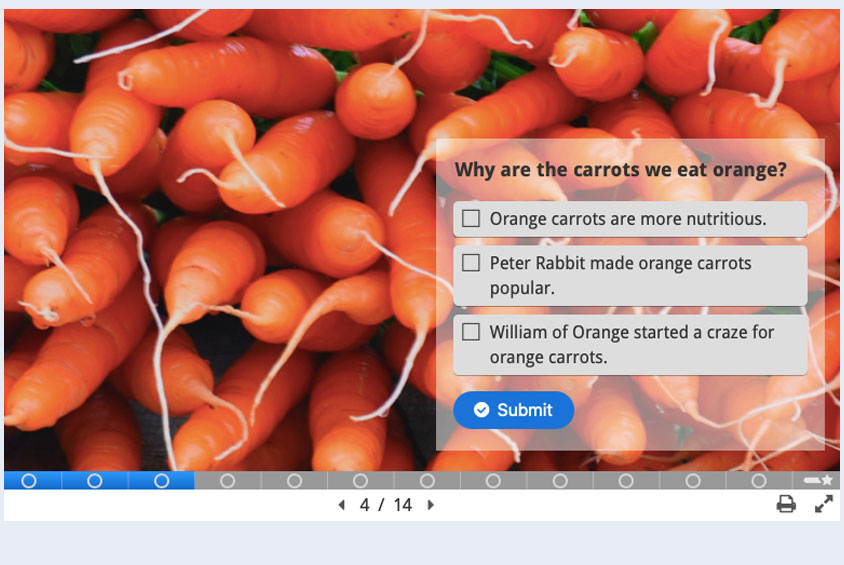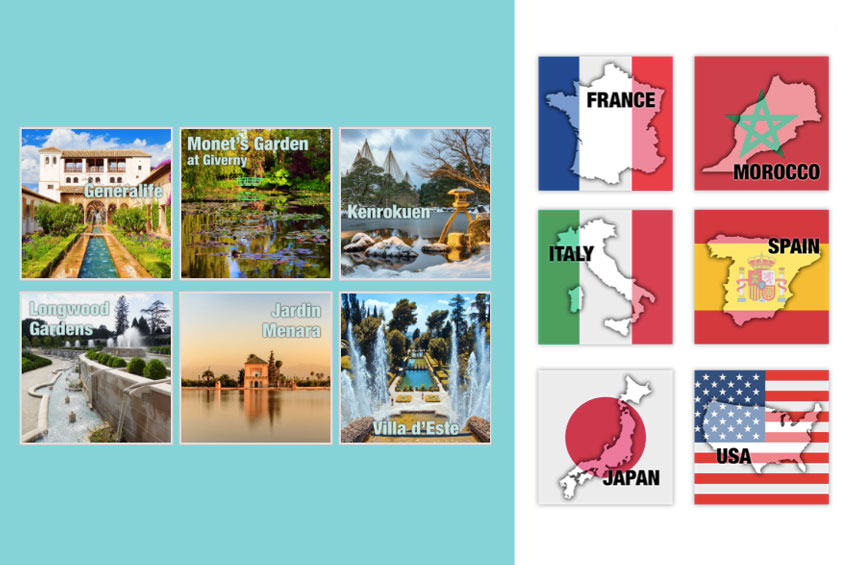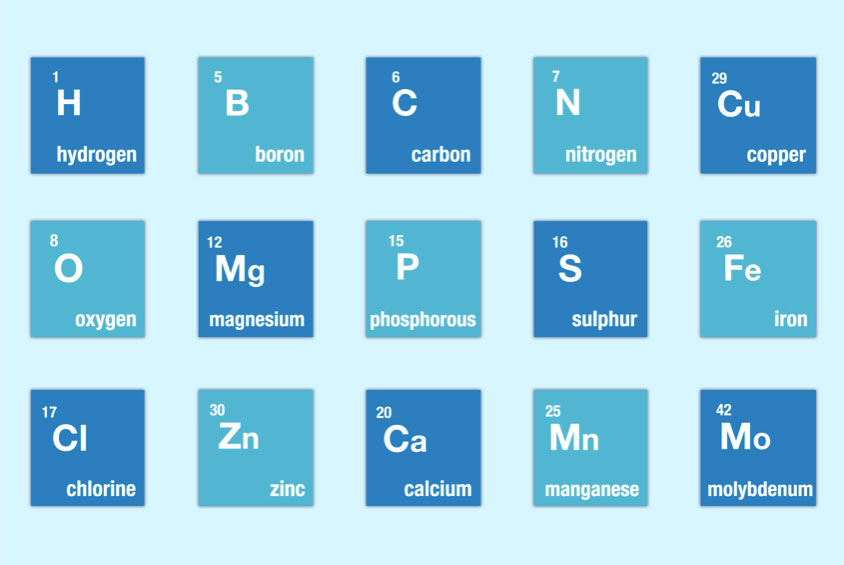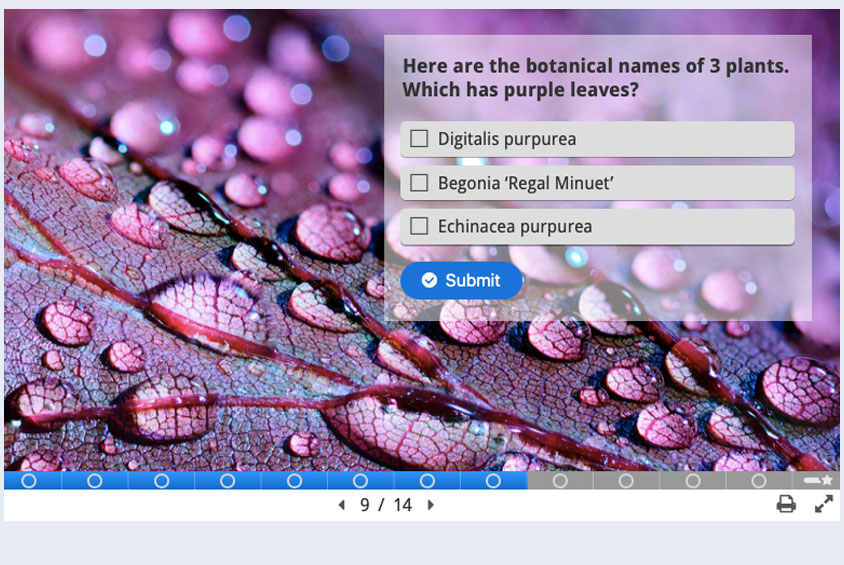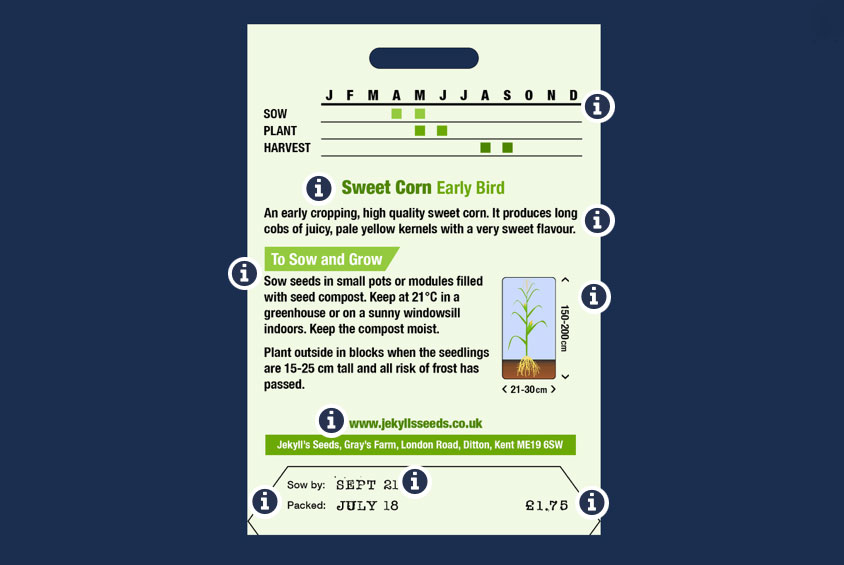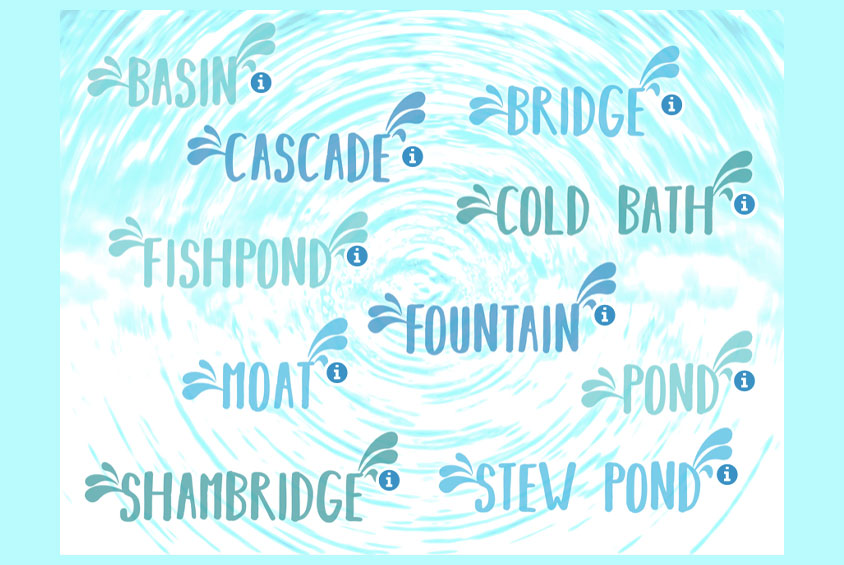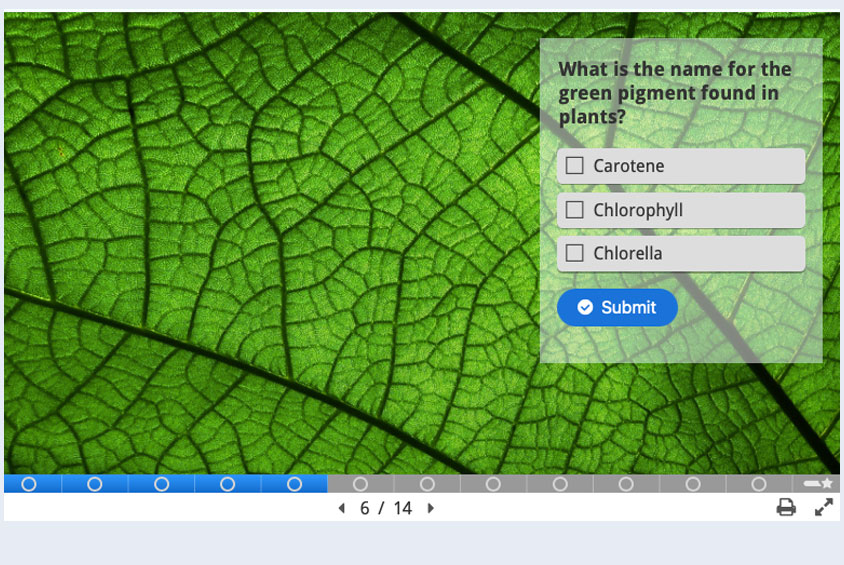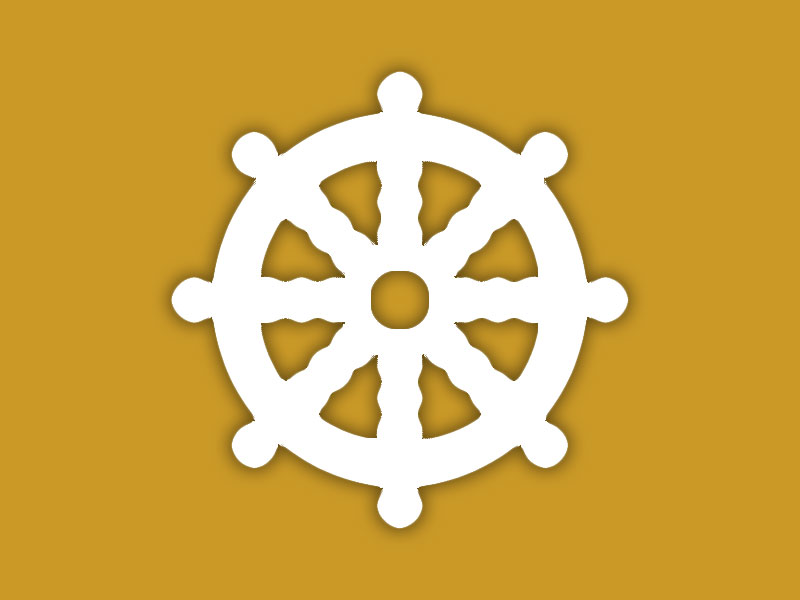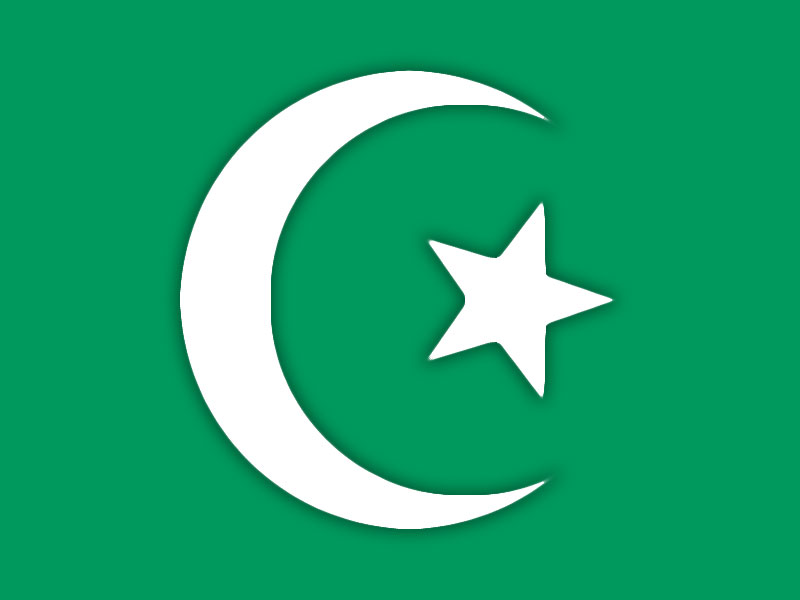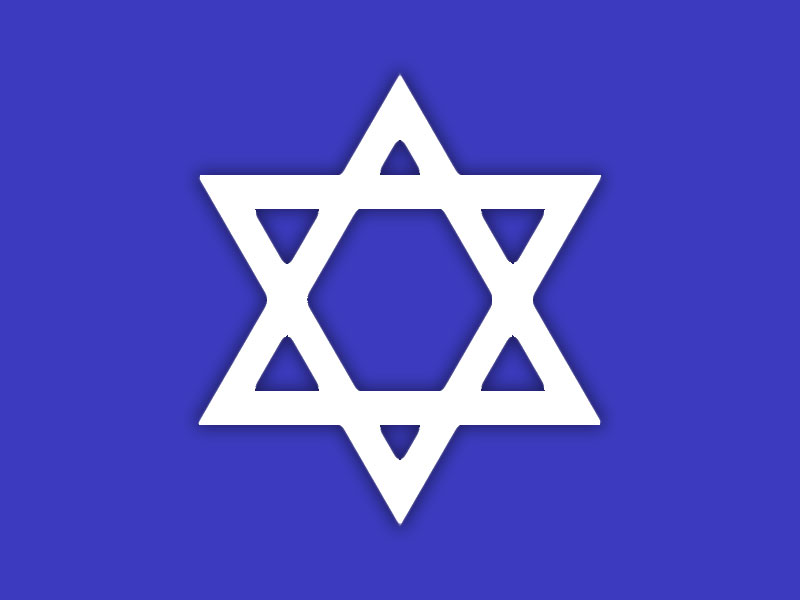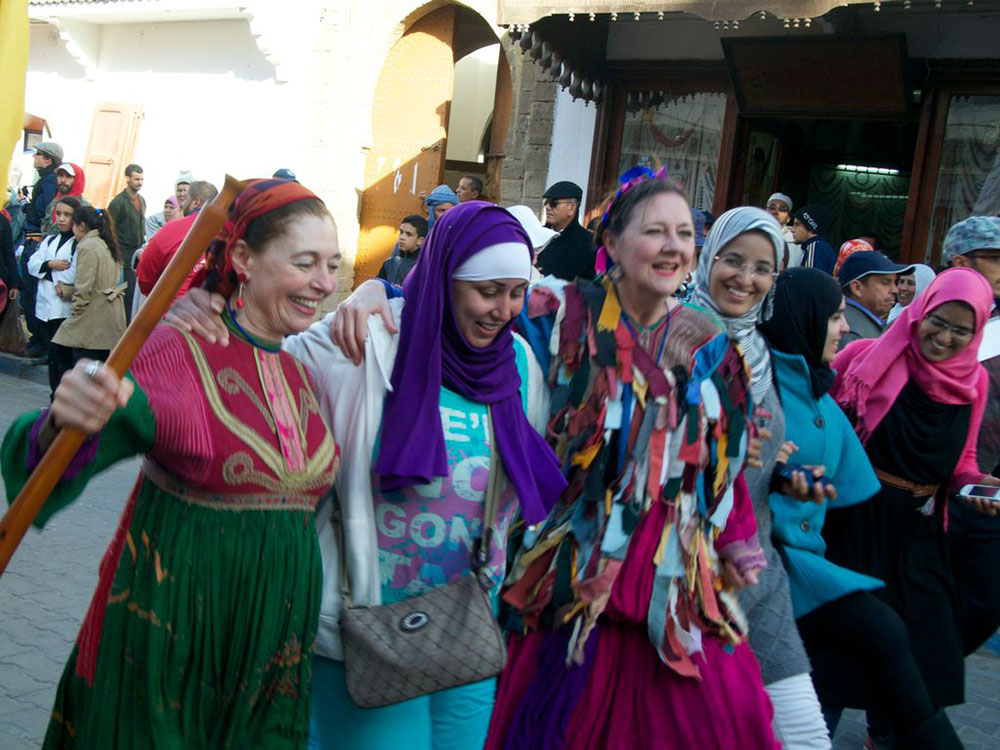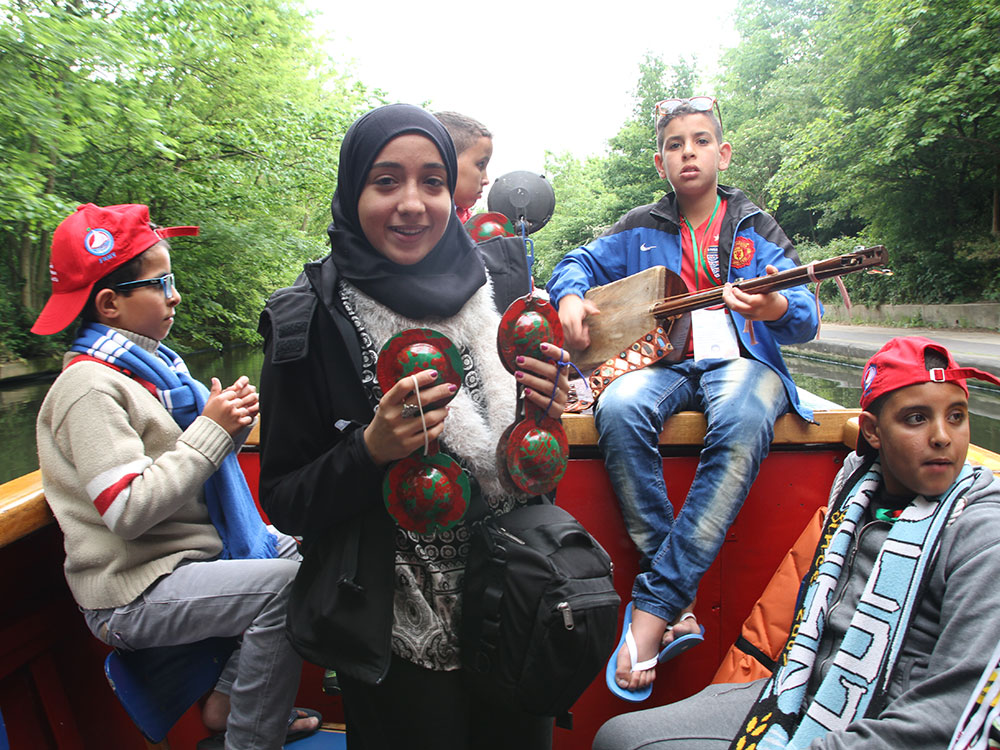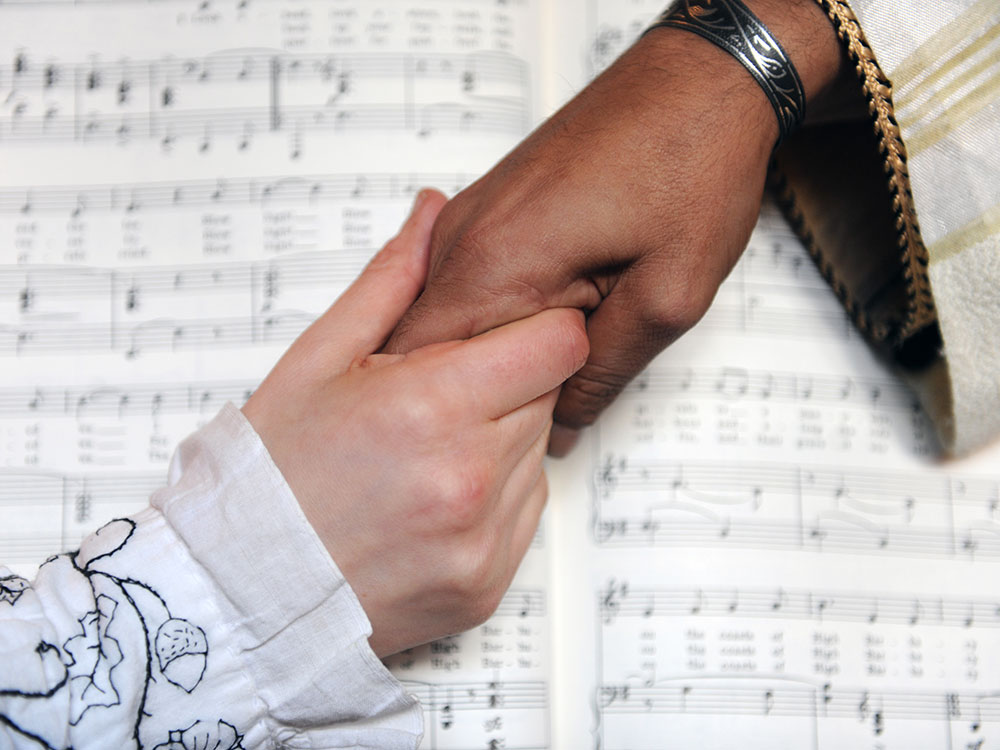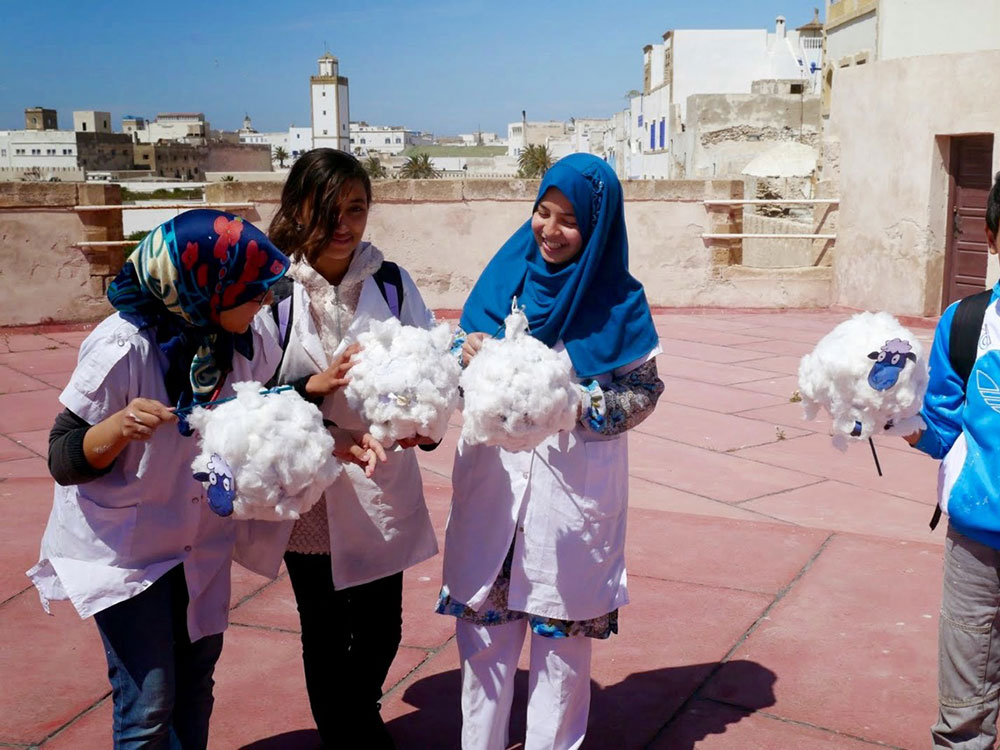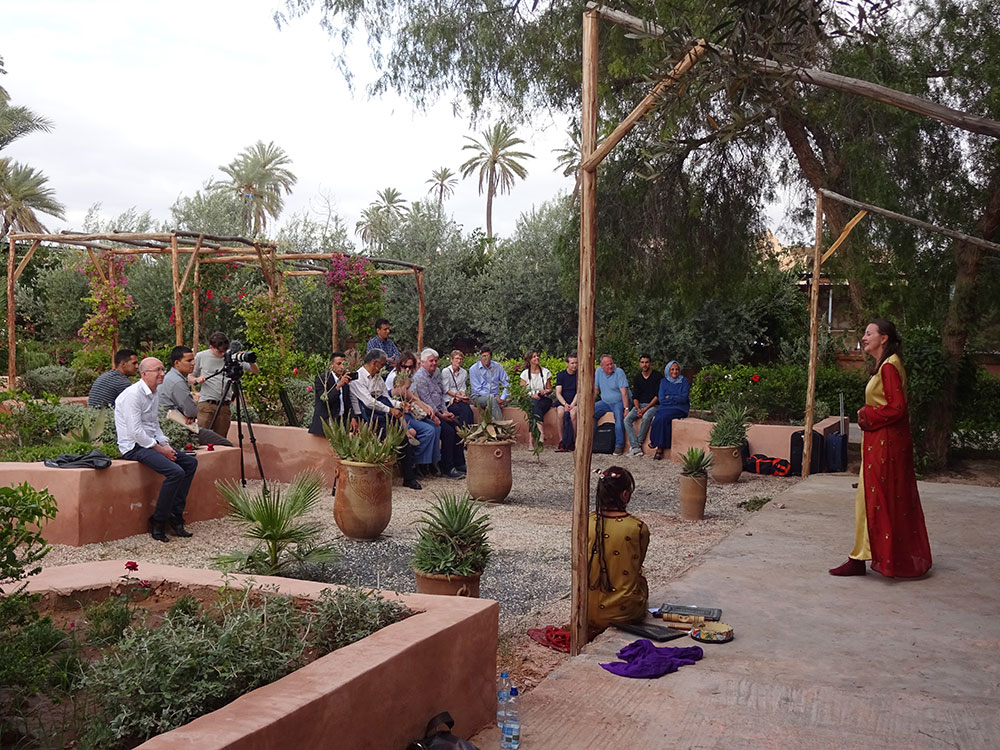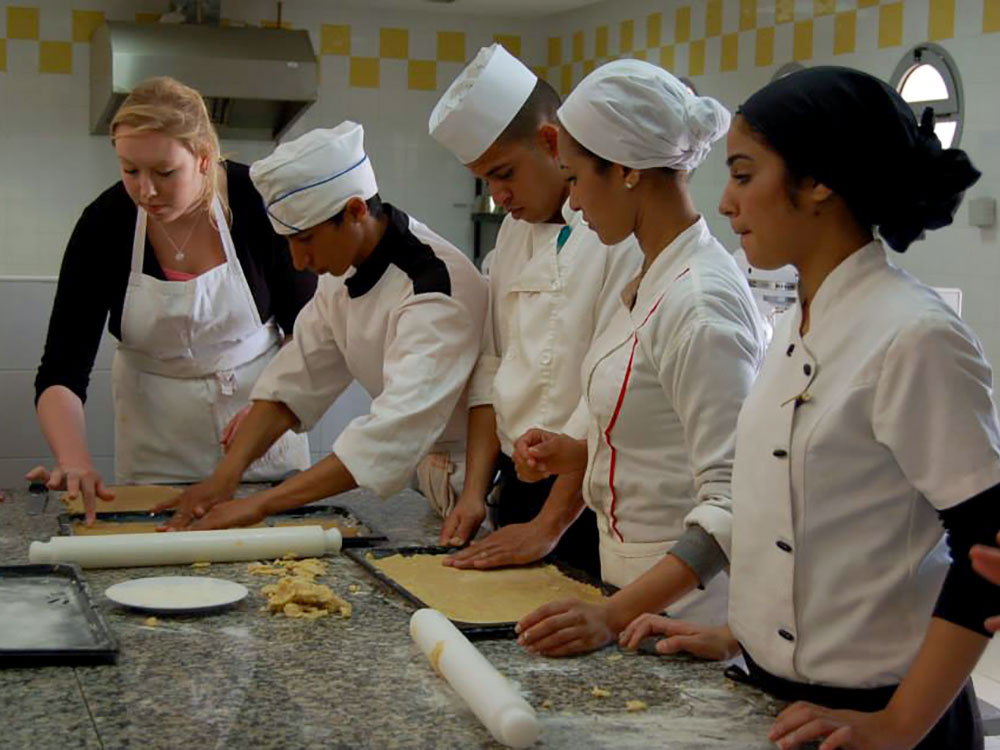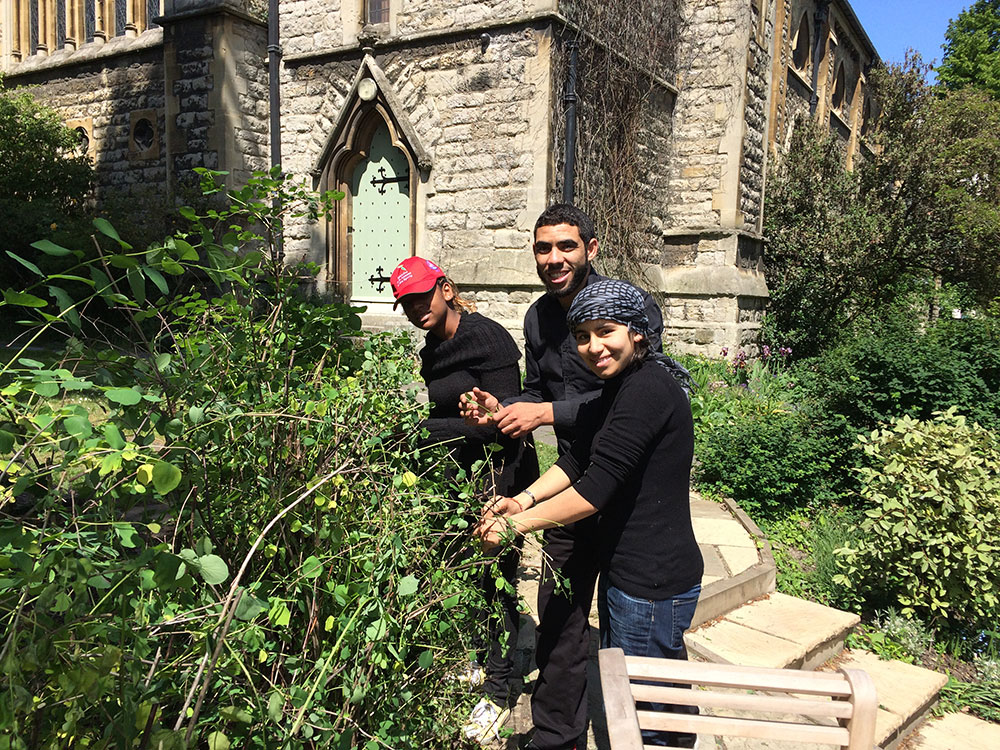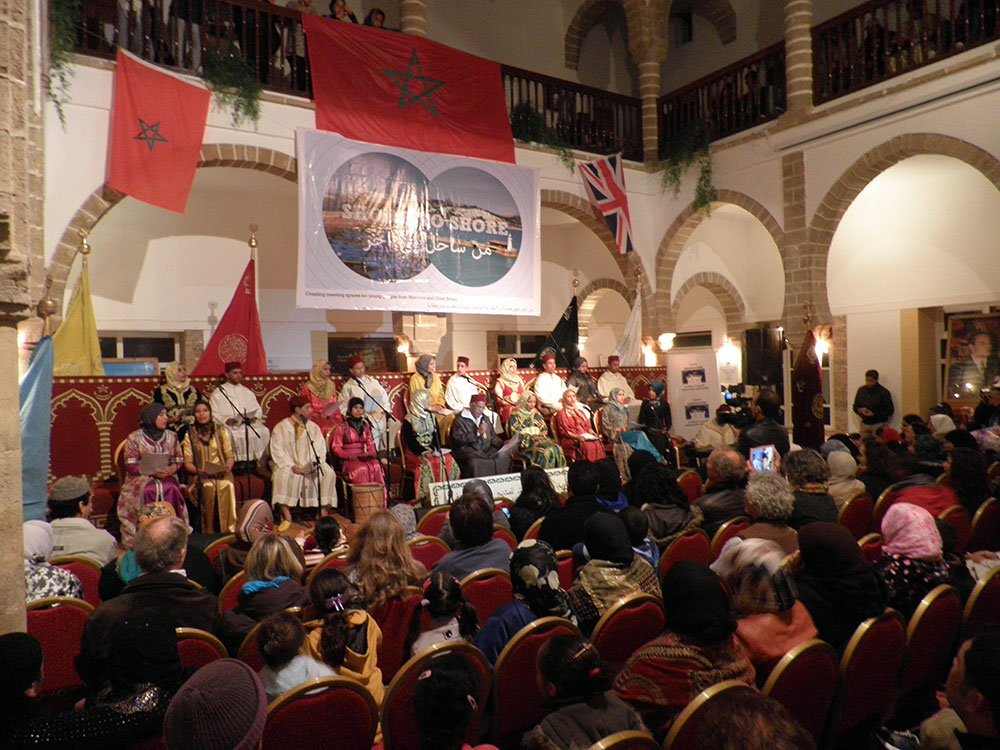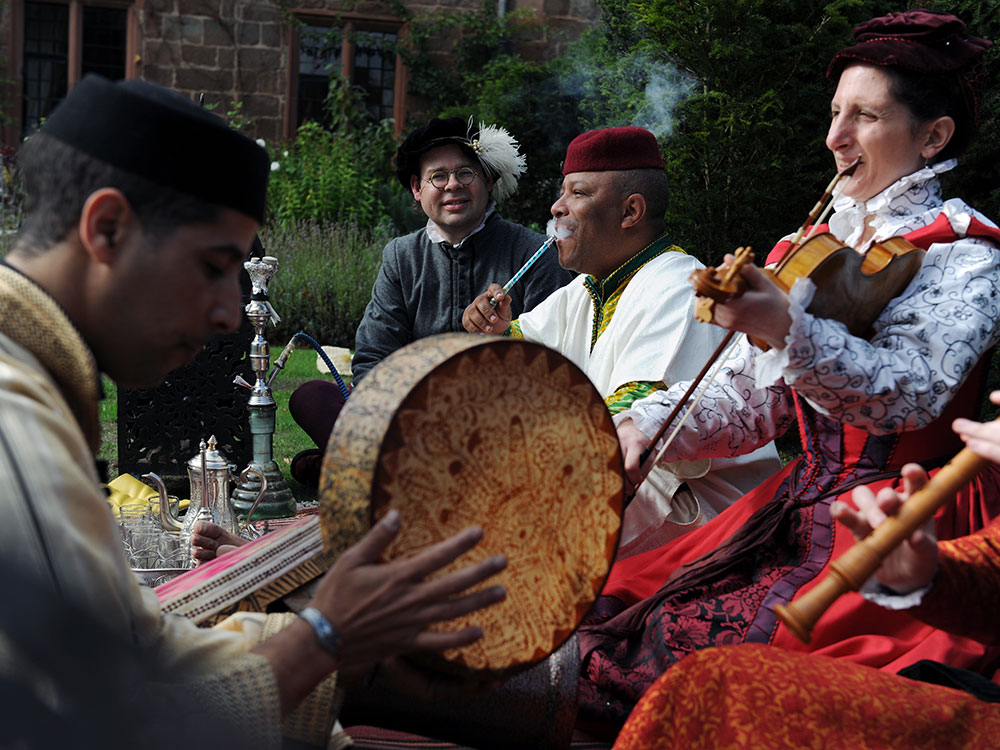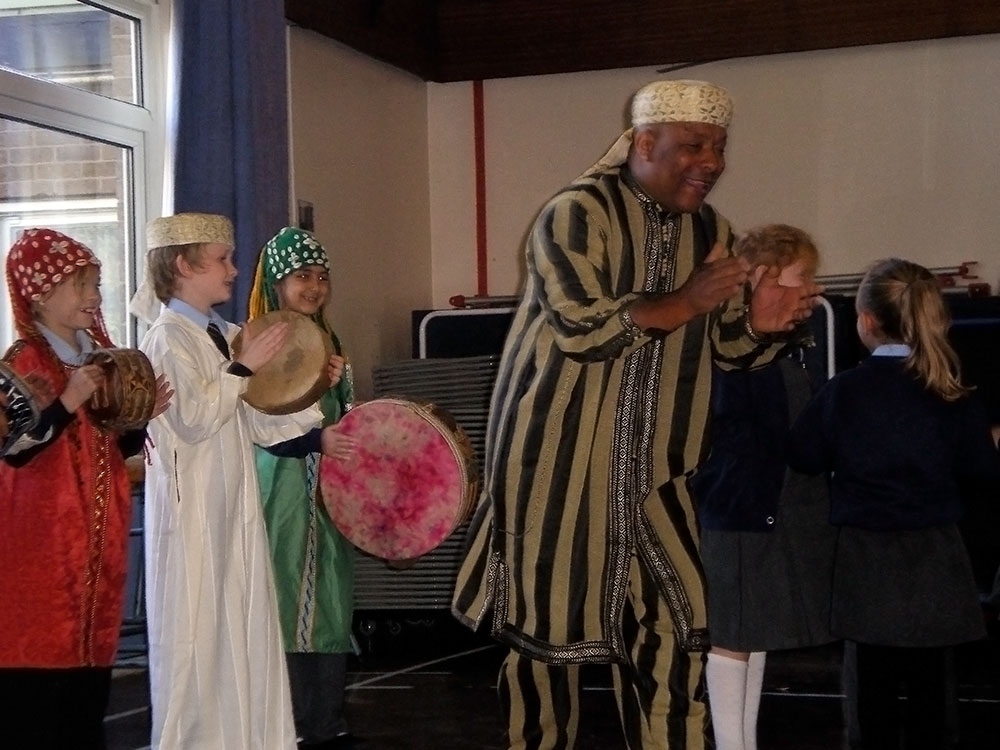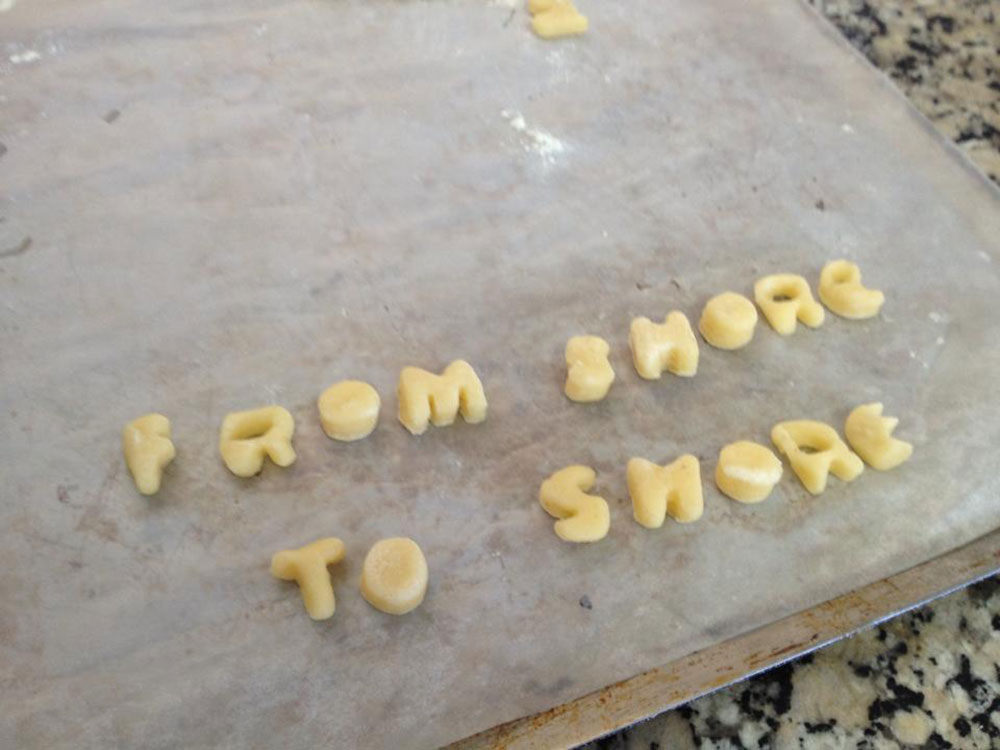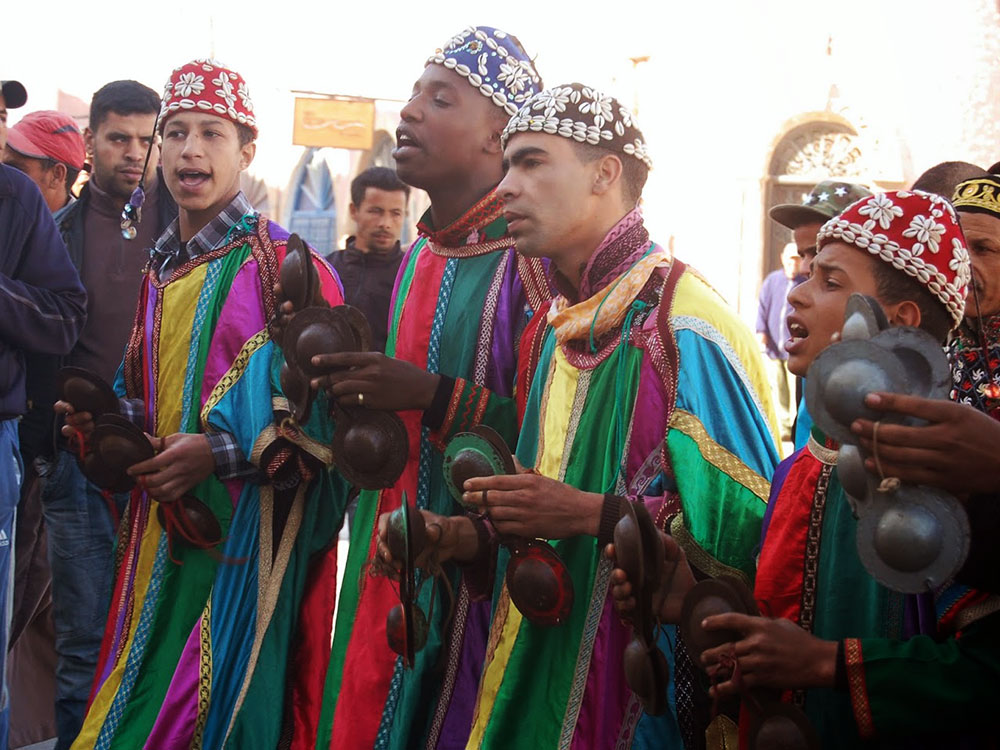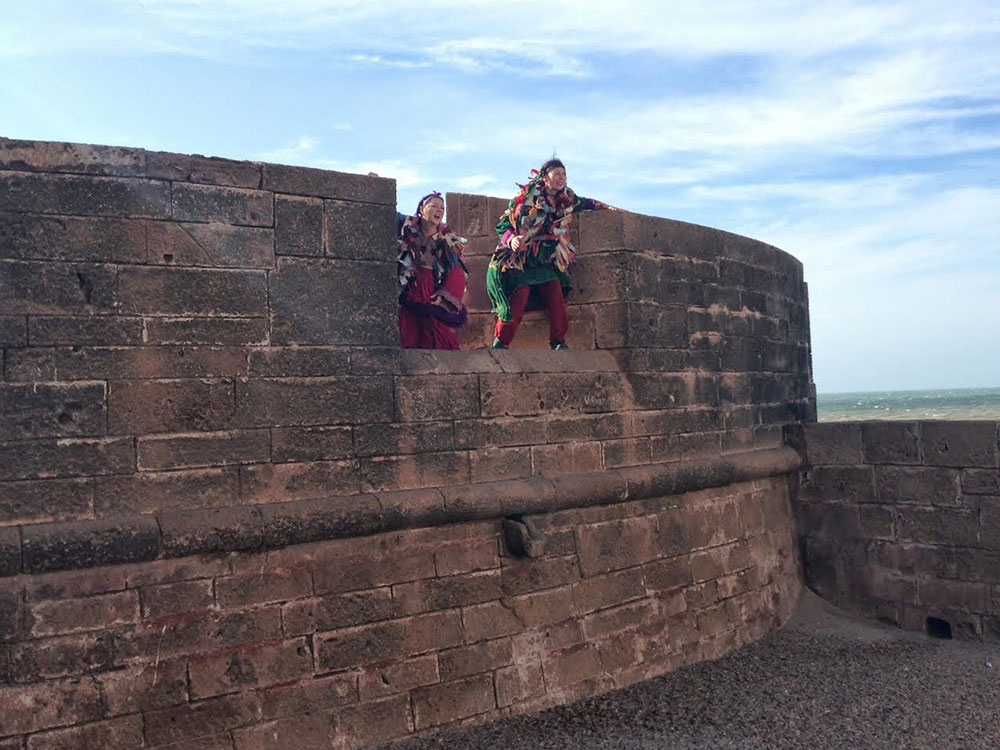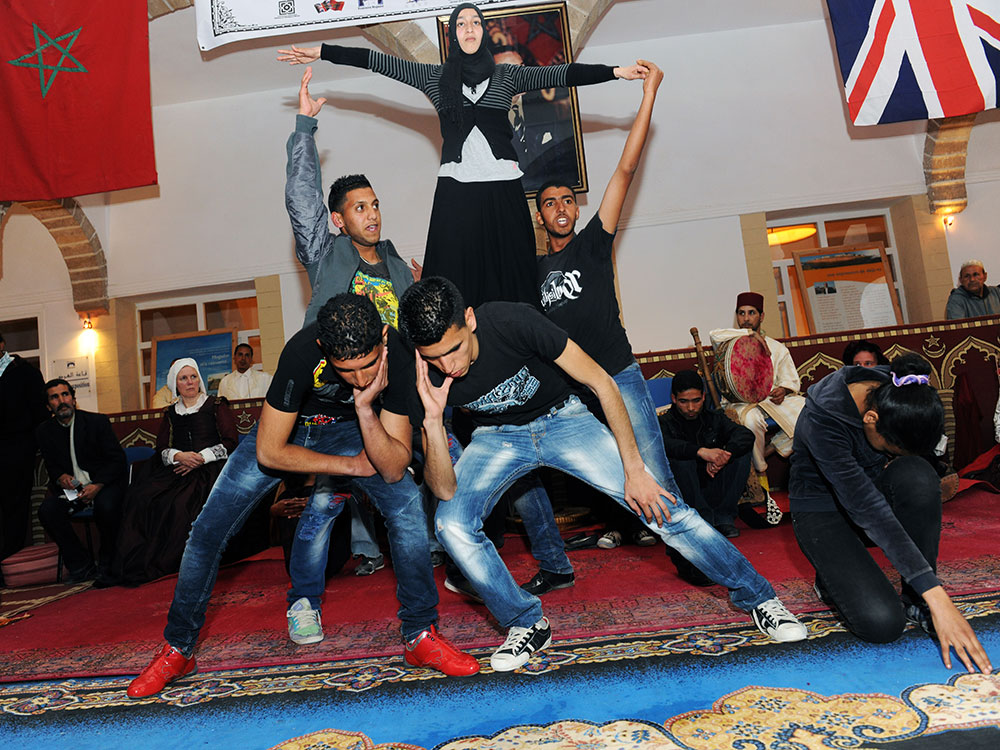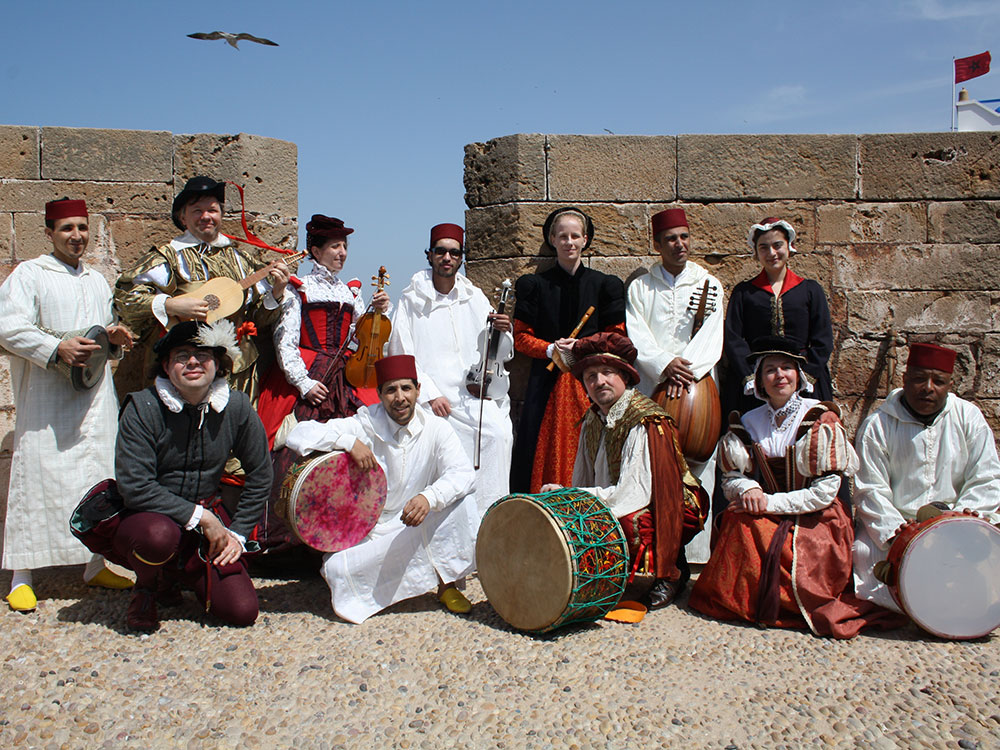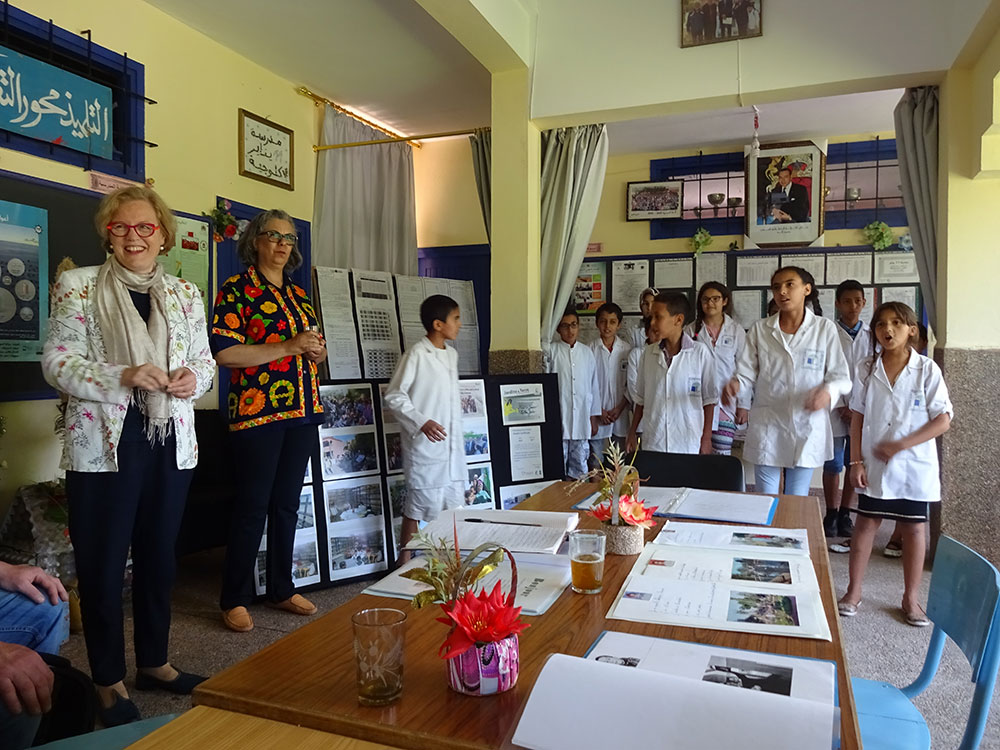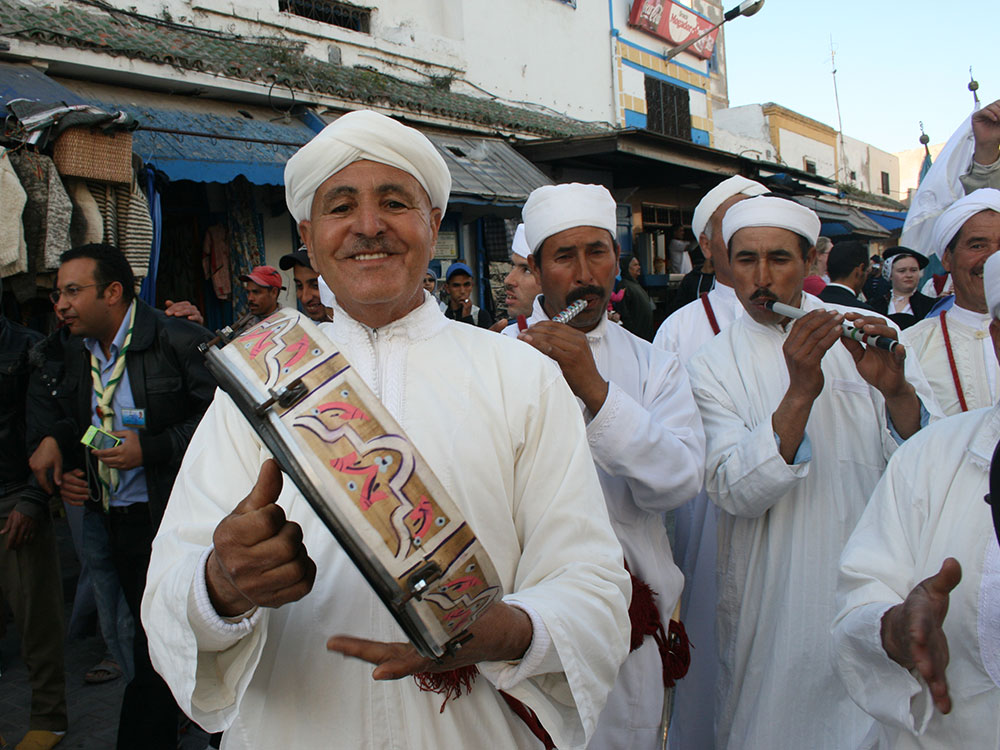

Over the last few years REEP has run a Growing Gardeners project in Marrakesh, based in a Soroptimist-founded boarding house providing access to education for girls from rural areas. REEP has been helping the girls to learn gardening skills and basic English as we work with them to green their grounds, ourselves learning about gardening in a harsh climate. Six groups of volunteer gardeners from Britain, Spain and Morocco have worked with the girls to develop a vegetable garden, a recreational space and a plant nursery area. In true REEP style, our gardeners always include lots of art and craft activities in their sessions – another great way to engage with the girls.
This year, REEP is delighted to extend the project to two rural schools near Ouzarzate. Whilst Covid-19 continues to disrupt international travel, we are supporting the students’ learning from a distance by providing resources and materials to teach English Through Gardening, whilst looking forward to 2022 when we can bring teams of volunteers together to help develop a permaculture garden and plant library.
Growing Gardeners in Morocco
Over the last few years REEP has run a Growing Gardeners project in Marrakesh, based in a Soroptimist-founded boarding house providing access to education for girls from rural areas. REEP has been helping the girls to learn gardening skills and basic English as we work with them to green their grounds, ourselves learning about gardening in a harsh climate. Six groups of volunteer gardeners from Britain, Spain and Morocco have worked with the girls to develop a vegetable garden, a recreational space and a plant nursery area. In true REEP style, our gardeners always include lots of art and craft activities in their sessions – another great way to engage with the girls.
This year, REEP is delighted to extend the project to two rural schools near Ouzarzate. Whilst Covid-19 continues to disrupt international travel, we are supporting the students’ learning from a distance by providing resources and materials to teach English Through Gardening, whilst looking forward to 2022 when we can bring teams of volunteers together to help develop a permaculture garden and plant library.


English through Gardening (ETG) is REEP’s new interactive online language learning resource for ESOL learners wanting to learn how to garden at the same time. Packed with e-activities and garden craft tutorials, ETG is designed as an additional material for language schools, school gardening clubs, education departments in public gardens, refugee education and individual learners. The project aims to encourage experience of gardening and the environment whilst learning English, whilst raising awareness of the importance and interest of gardening amongst young people. Visit englishthroughgardening.org for more.
This material is also suitable for users in other countries and is the basis of our Growing Gardeners project.
English Through Gardening
English through Gardening (ETG) is REEP’s new interactive online language learning resource for ESOL learners wanting to learn how to garden at the same time. Packed with e-activities and garden craft tutorials, ETG is designed as an additional material for language schools, school gardening clubs, education departments in public gardens, refugee education and individual learners. The project aims to encourage experience of gardening and the environment whilst learning English, whilst raising awareness of the importance and interest of gardening amongst young people. Visit englishthroughgardening.org for more.
This material is also suitable for users in other countries and is the basis of our Growing Gardeners project.


REEP’s Faiths for a Future is based in the recognition that there are strong educational, environmental and religious reasons for taking a ‘green’ approach to Religious Education (RE). At the core of this project is a discussion of the way that the environment is understood and respected within Buddhism, Christianity, Hinduism, Islam and Judaism, with group activities and crafts to enhance young people’s understanding.
Faiths for a Future provides opportunities for KS 1 & 2 pupils to explore, understand and develop their own values and beliefs about the world, as well as traditional beliefs from societies around them. Through a series of group and individual activities it introduces different ways of seeing and valuing the world and helps children to think clearly about how we should treat the planet.
Faiths for a Future
REEP’s Faiths for a Future is based in the recognition that there are strong educational, environmental and religious reasons for taking a ‘green’ approach to Religious Education (RE). At the core of this project is a discussion of the way that the environment is understood and respected within Buddhism, Christianity, Hinduism, Islam and Judaism, with group activities and crafts to enhance young people’s understanding.
Faiths for a Future provides opportunities for KS 1 & 2 pupils to explore, understand and develop their own values and beliefs about the world, as well as traditional beliefs from societies around them. Through a series of group and individual activities it introduces different ways of seeing and valuing the world and helps children to think clearly about how we should treat the planet.


Britain and Morocco have a history that dates back 800 years. From Roman times, spices were brought to the west through the costal ports, the Barbary Pirates of Tudor times raided European ships and later, trade in metal tea pots, ostrich feathers and other exotica in the 18th and 19th centuries. There was also an ongoing story of diplomacy and all this is part of the centuries-old dialogue between two countries joined by the Atlantic Ocean. This history is often reflected in the artefacts and traditions of each country. Hints of traditional Moroccan recipes and ingredients can be seen in some of the historic cookery styles of Elizabethan Britain. British traditional knot gardens have echoes of traditional Islamic gardens and many plants can be grown in both countries despite the difference in climate. The Oud and the Lute are closely related instruments. The use of fine embroidery and decoration seen in traditional Moroccan haberdashery and clothing has similarity to the intricate threads and trims in historic British clothing. It is all there to look at, yet most people know very little about how the two countries are related.
These are the thoughts that have inspired Shore to Shore, a project to create spaces for intercultural exchanges through the arts, between young people of both countries.
The Shore to Shore Project
Britain and Morocco have a history that dates back 800 years. From Roman times, spices were brought to the west through the costal ports, the Barbary Pirates of Tudor times raided European ships and later, trade in metal tea pots, ostrich feathers and other exotica in the 18th and 19th centuries. There was also an ongoing story of diplomacy and all this is part of the centuries-old dialogue between two countries joined by the Atlantic Ocean. This history is often reflected in the artefacts and traditions of each country. Hints of traditional Moroccan recipes and ingredients can be seen in some of the historic cookery styles of Elizabethan Britain. British traditional knot gardens have echoes of traditional Islamic gardens and many plants can be grown in both countries despite the difference in climate. The Oud and the Lute are closely related instruments. The use of fine embroidery and decoration seen in traditional Moroccan haberdashery and clothing has similarity to the intricate threads and trims in historic British clothing. It is all there to look at, yet most people know very little about how the two countries are related.
These are the thoughts that have inspired Shore to Shore, a project to create spaces for intercultural exchanges through the arts, between young people of both countries.
